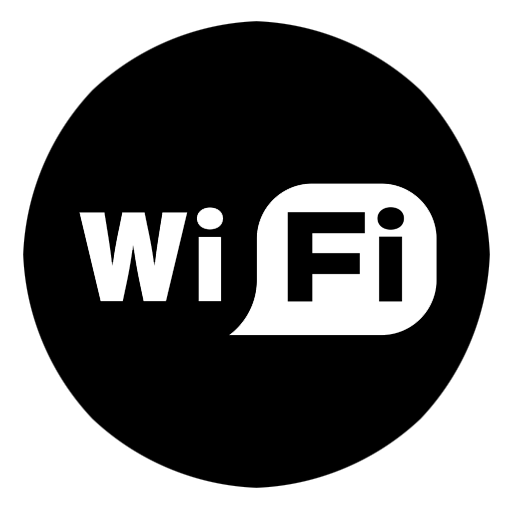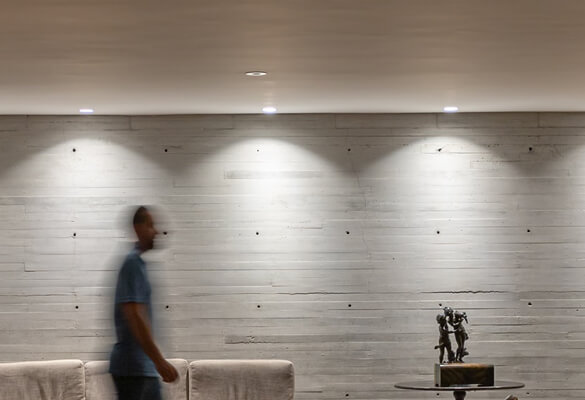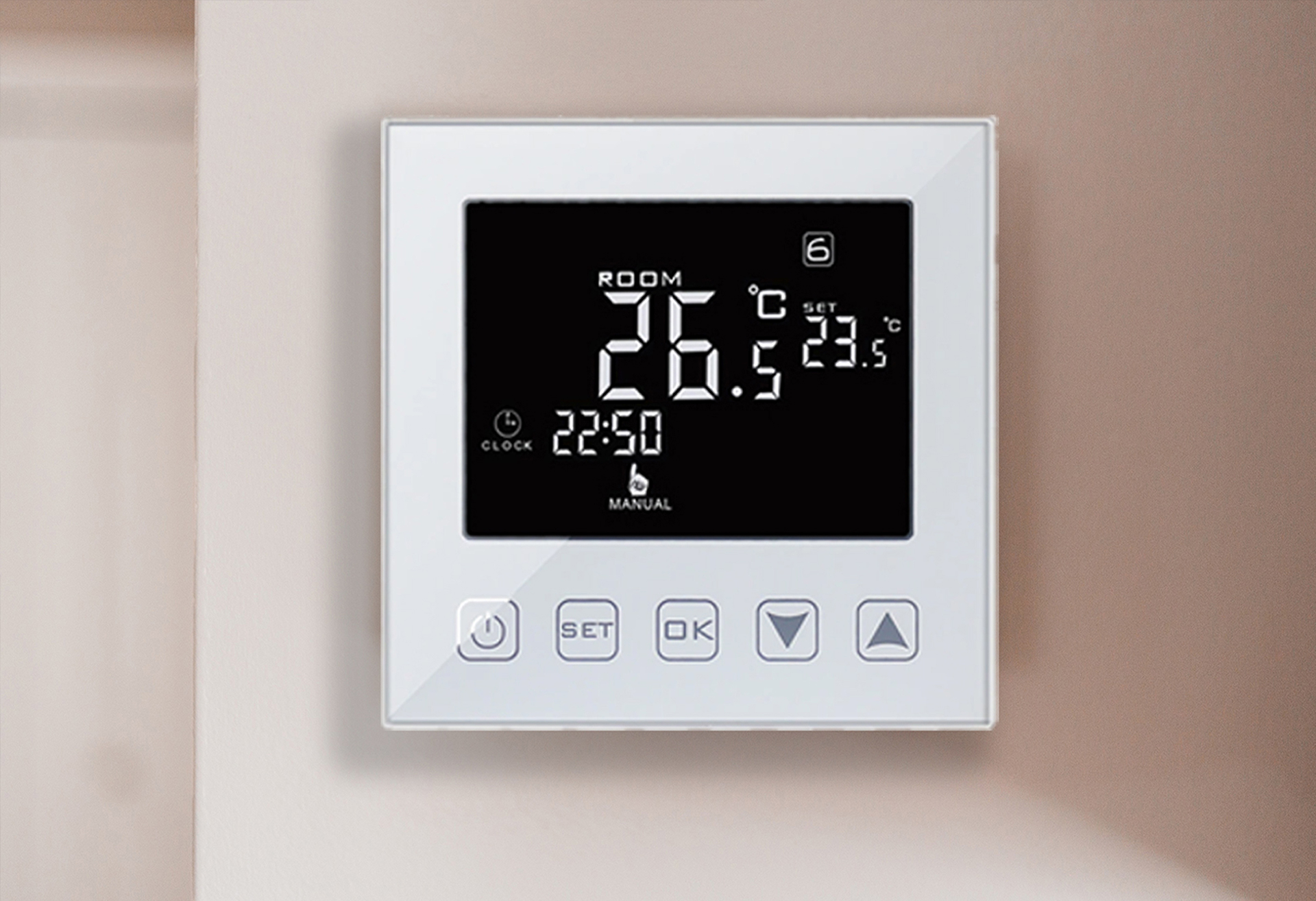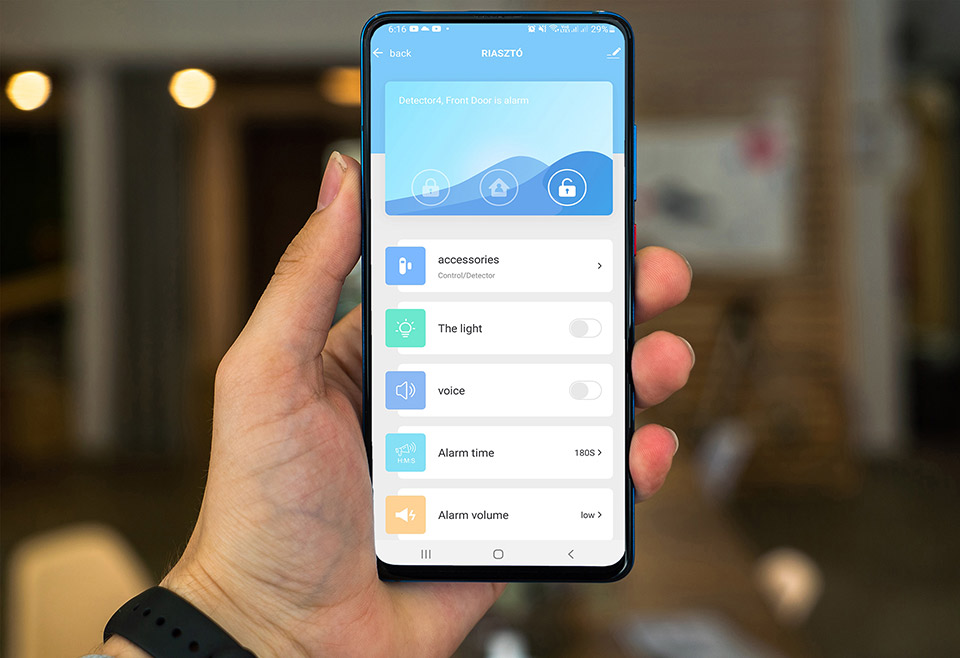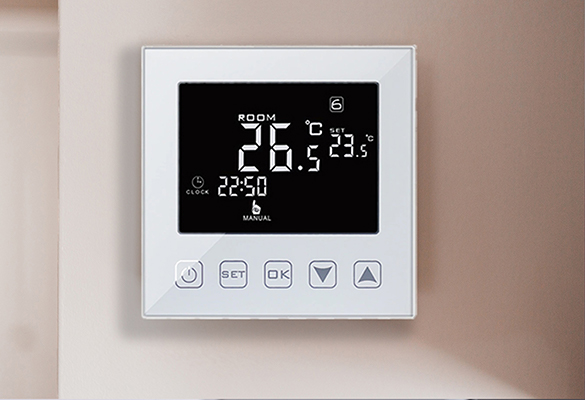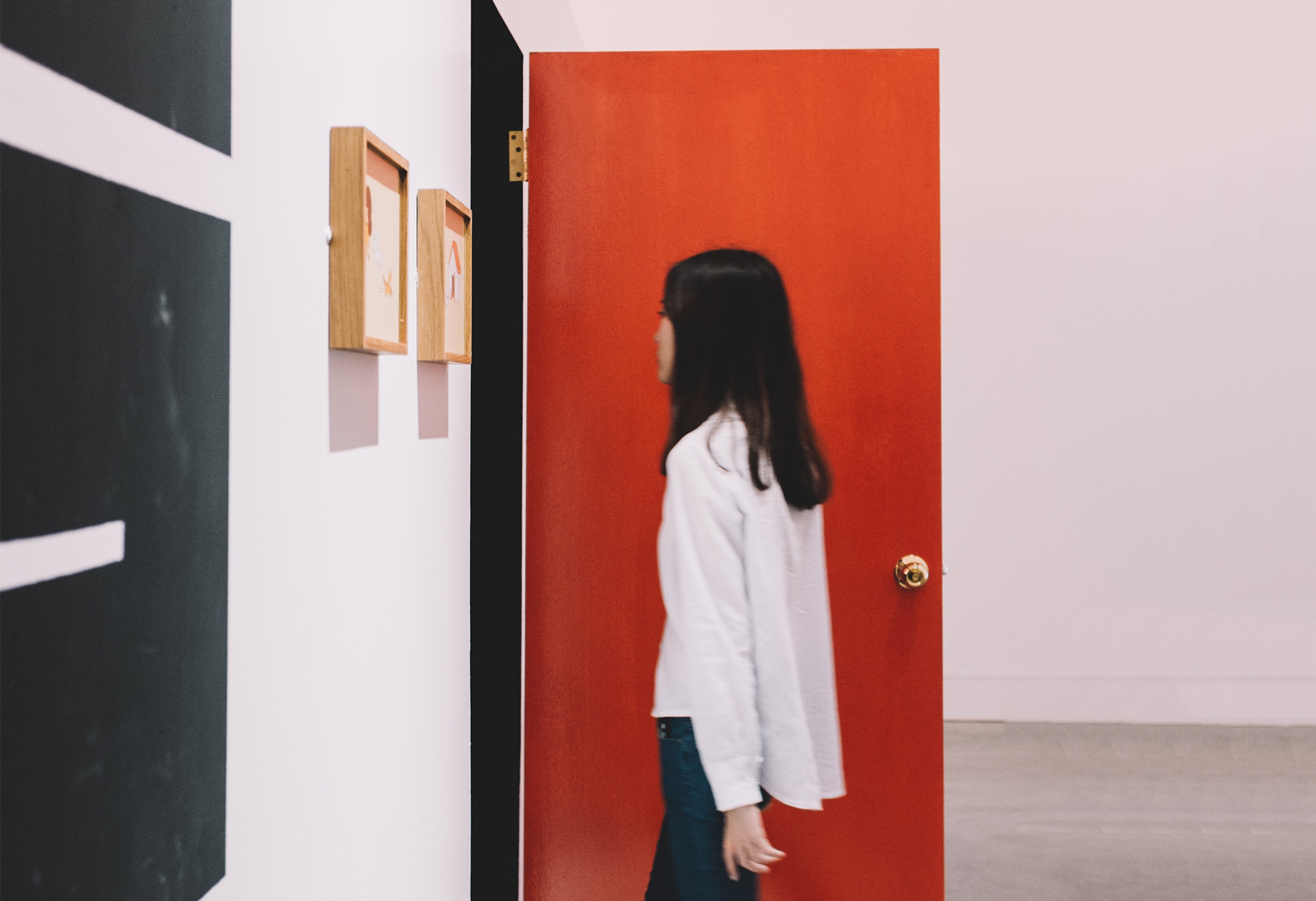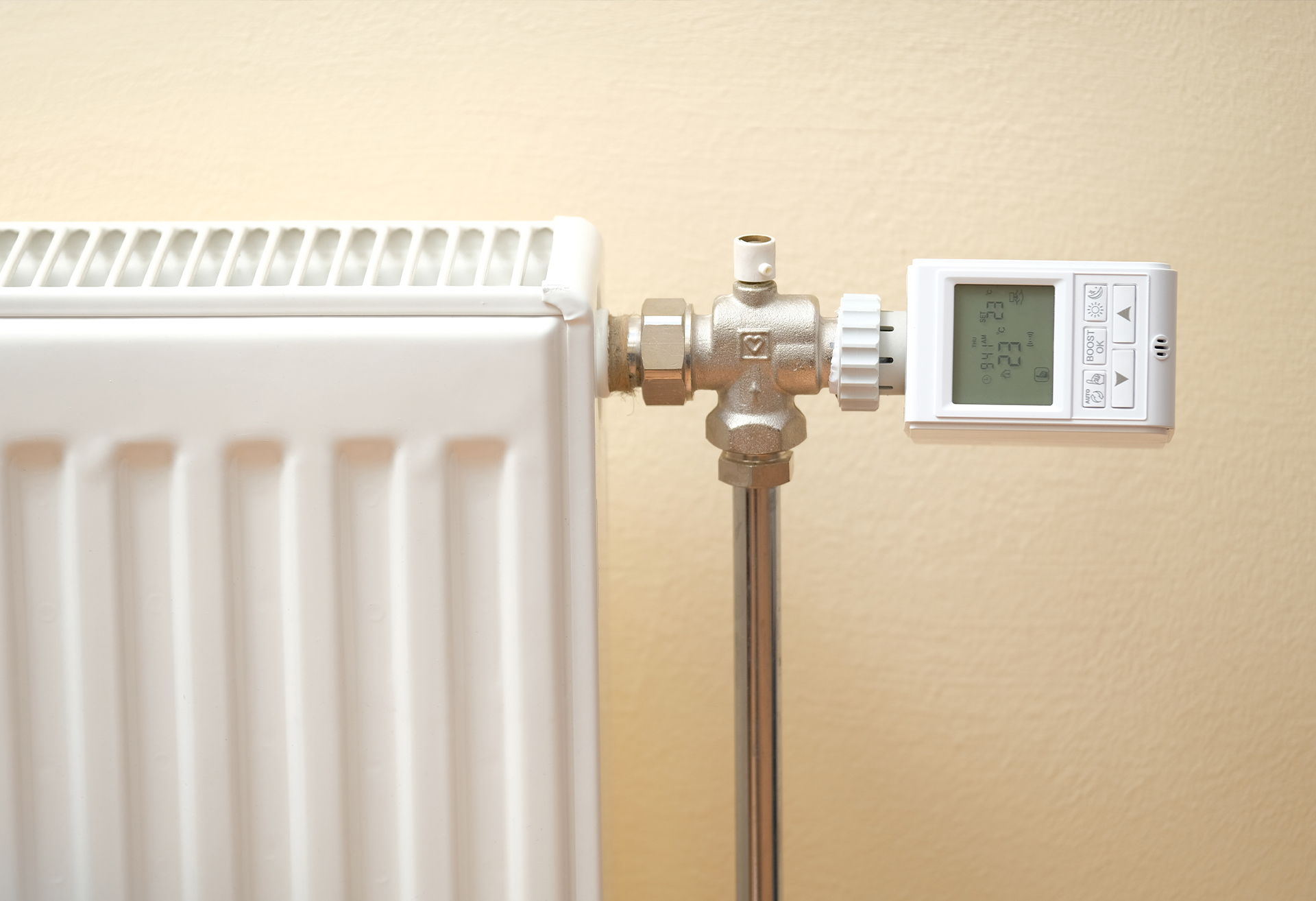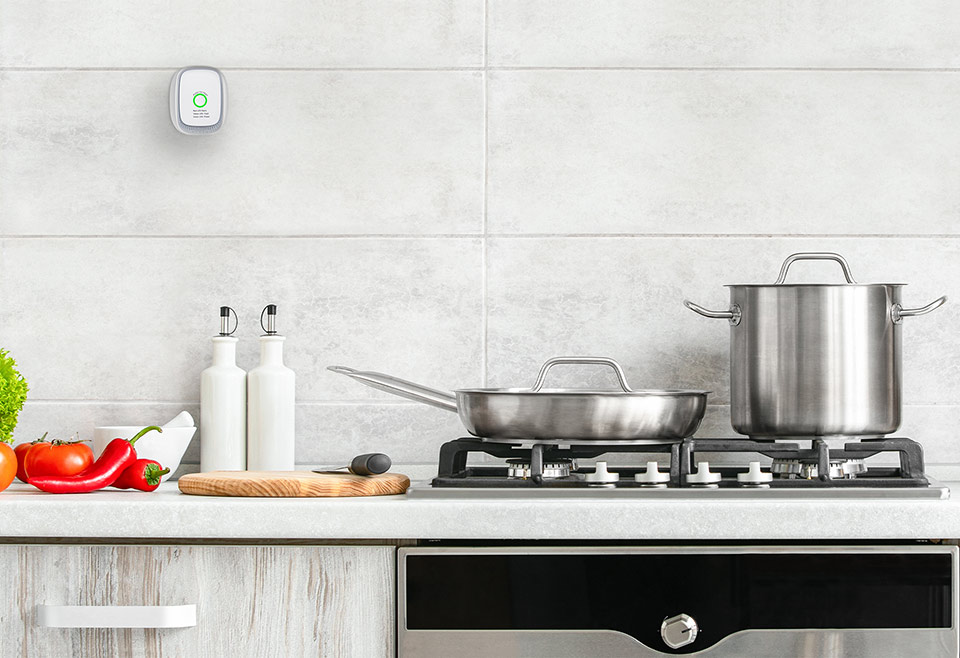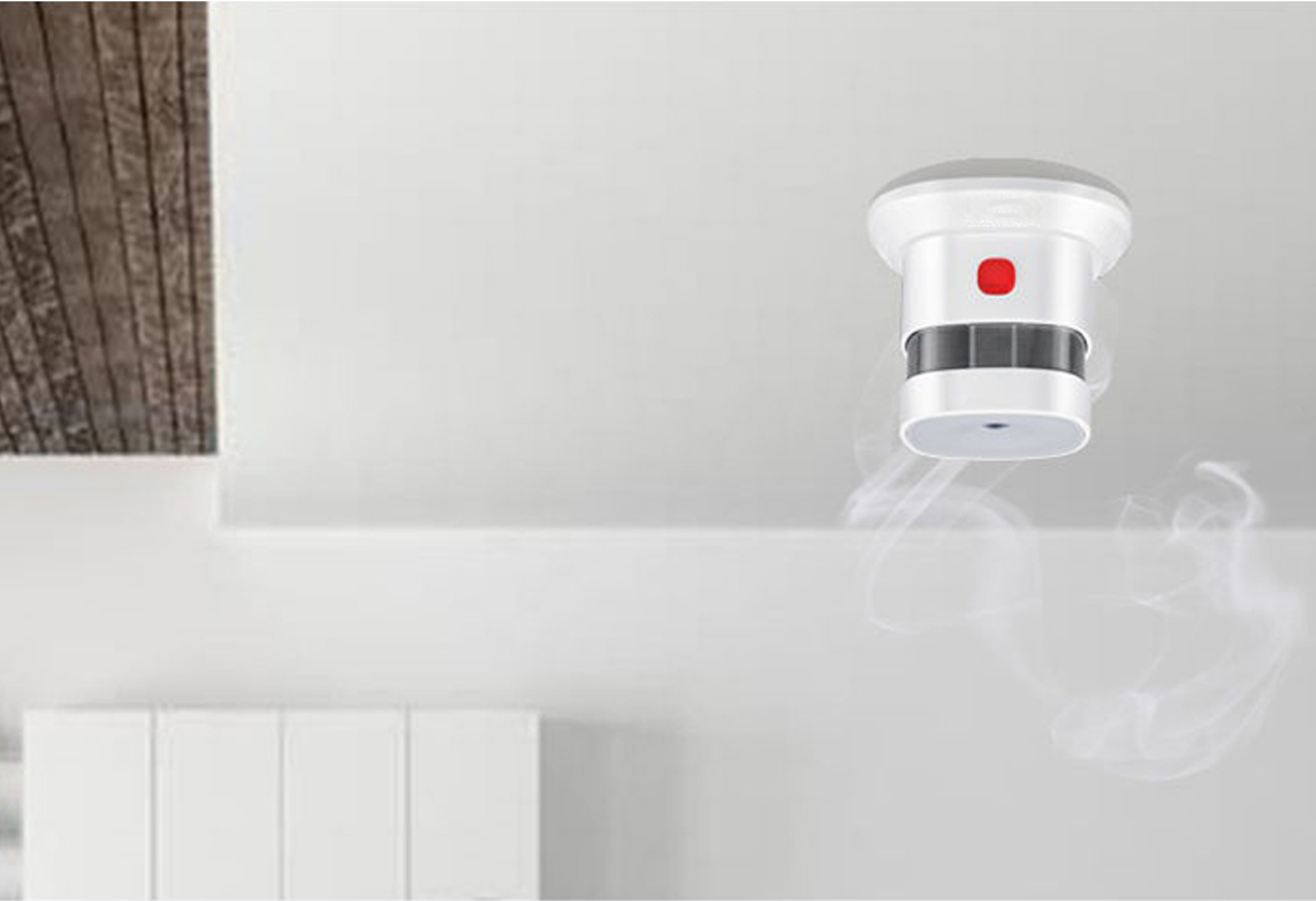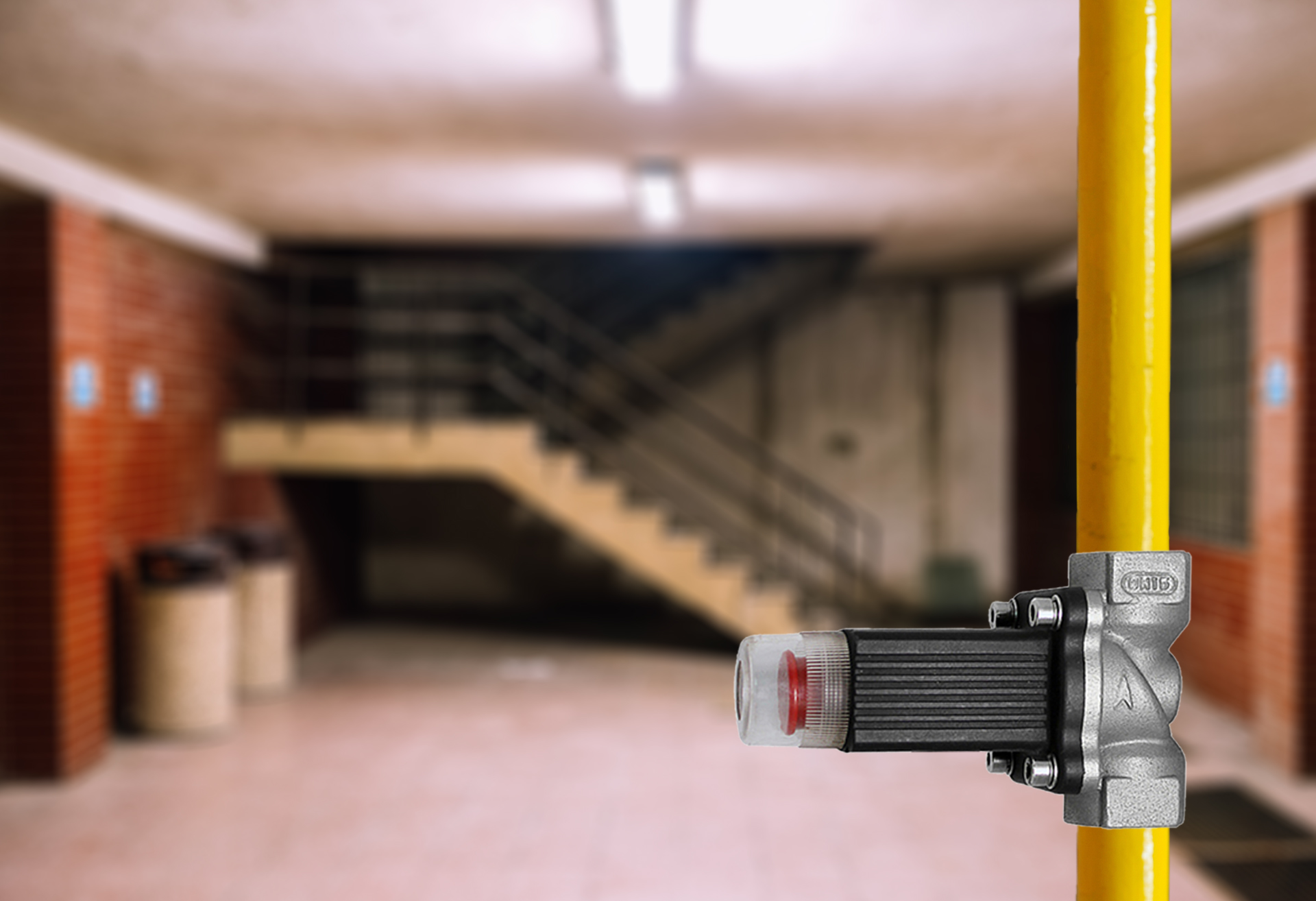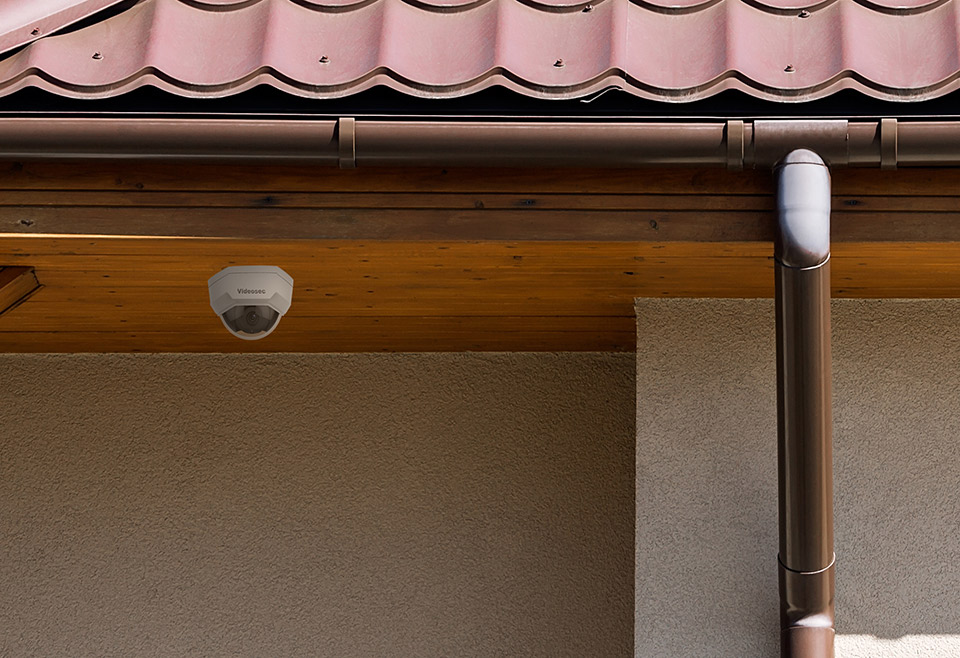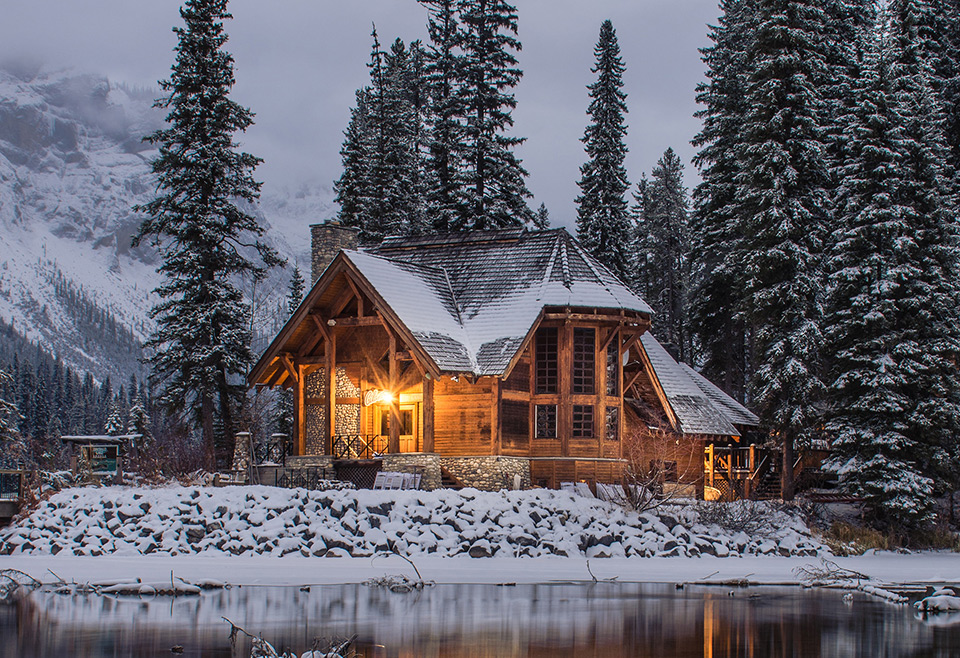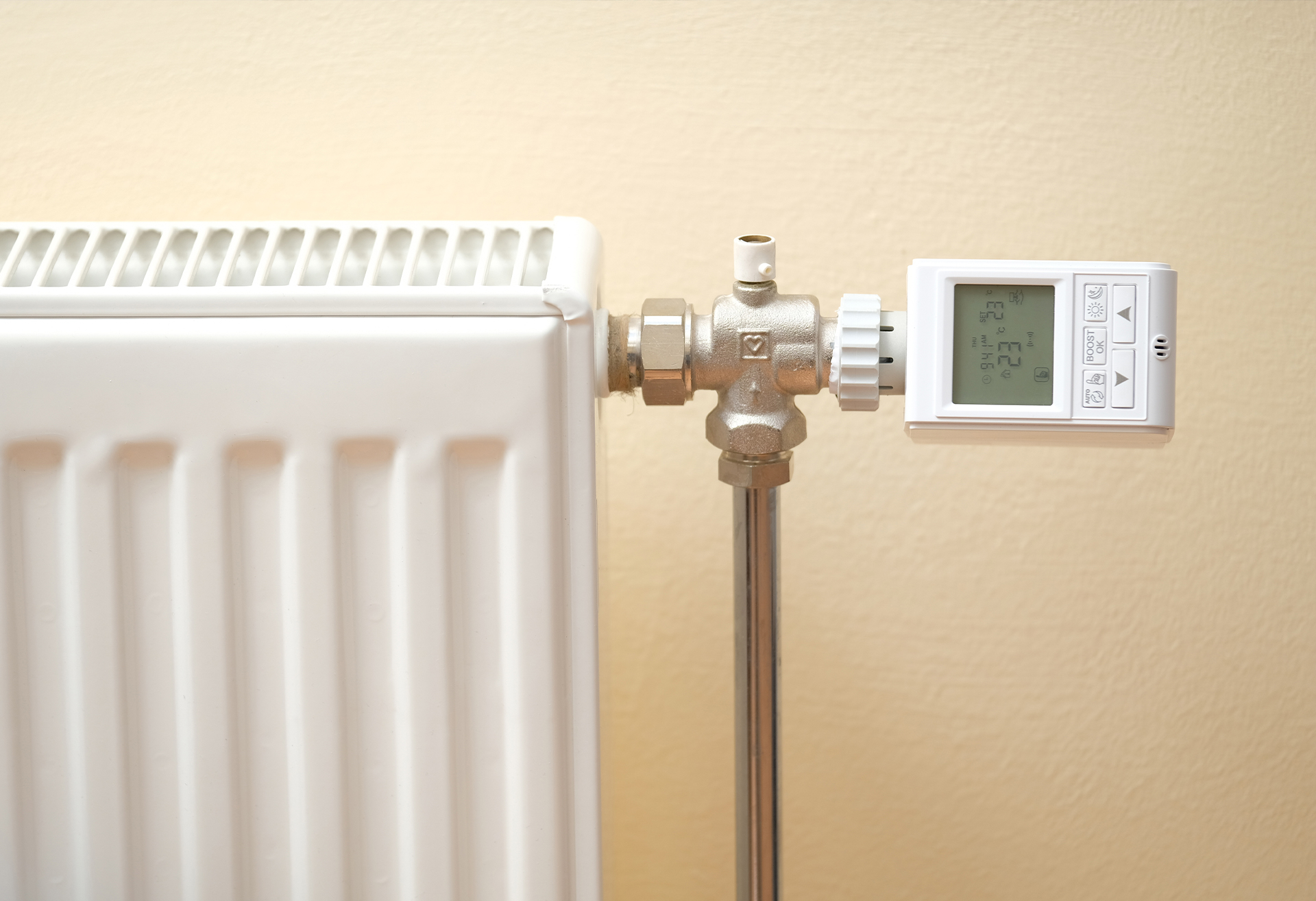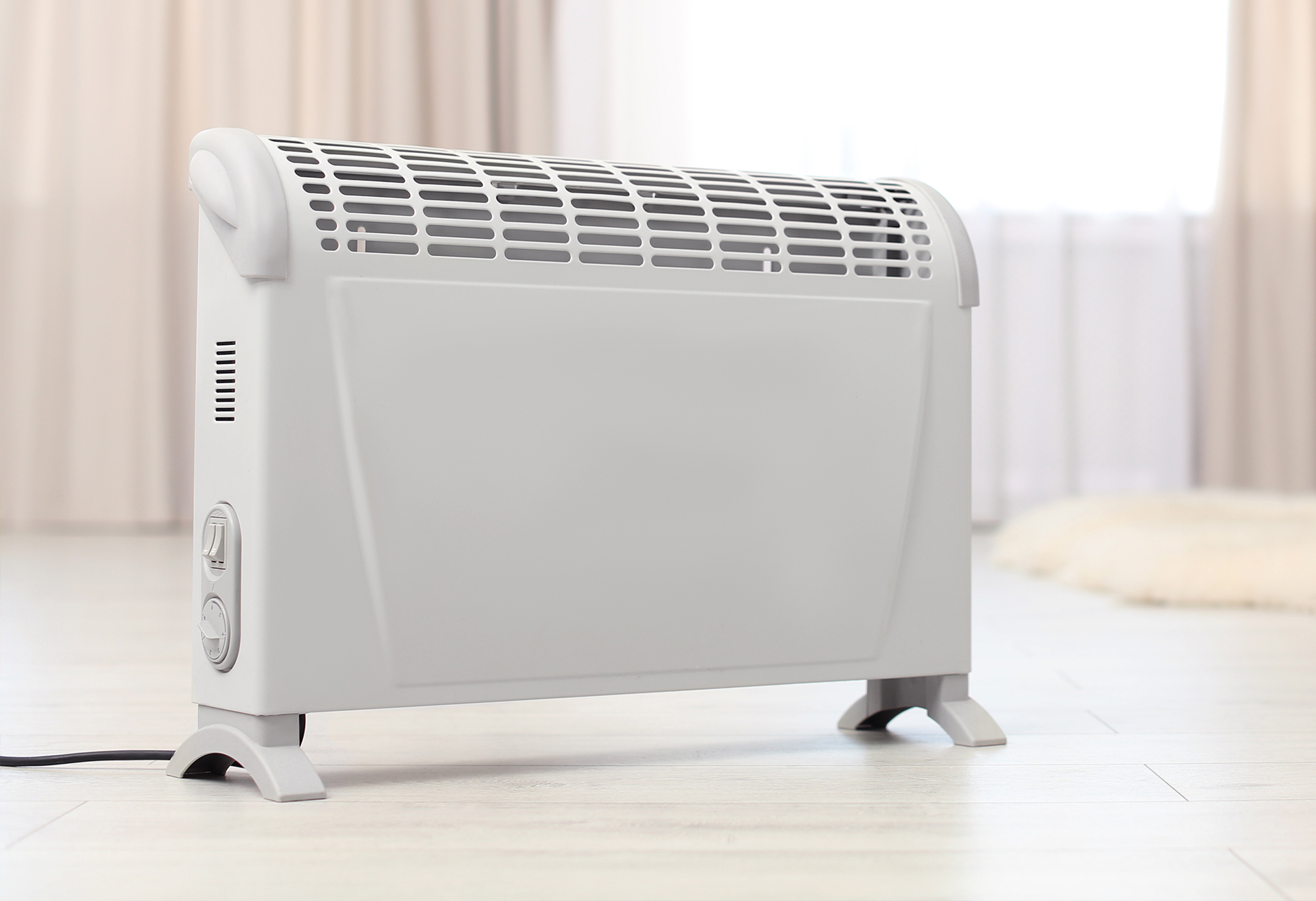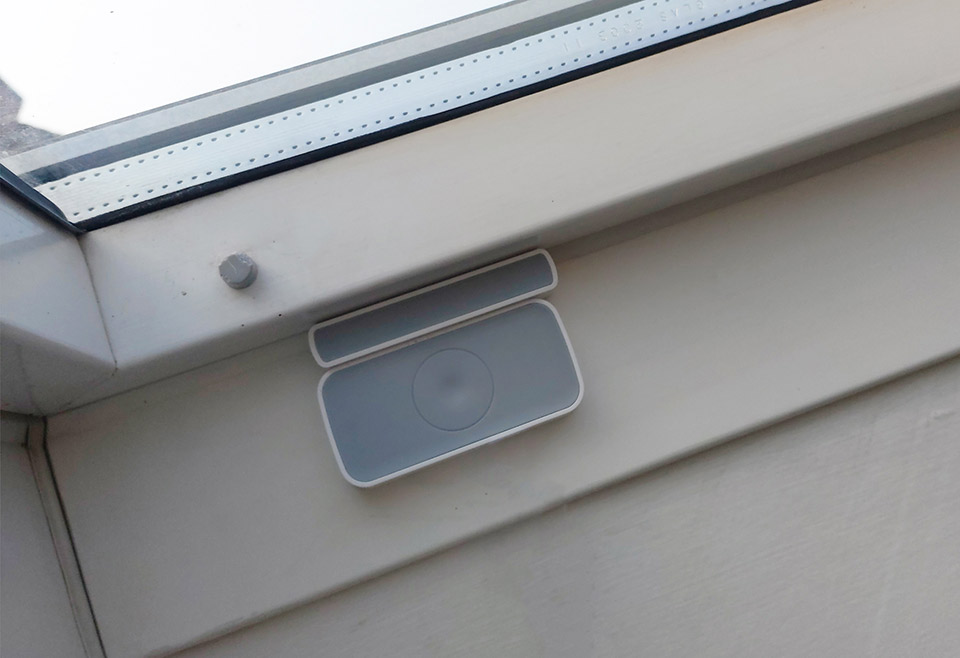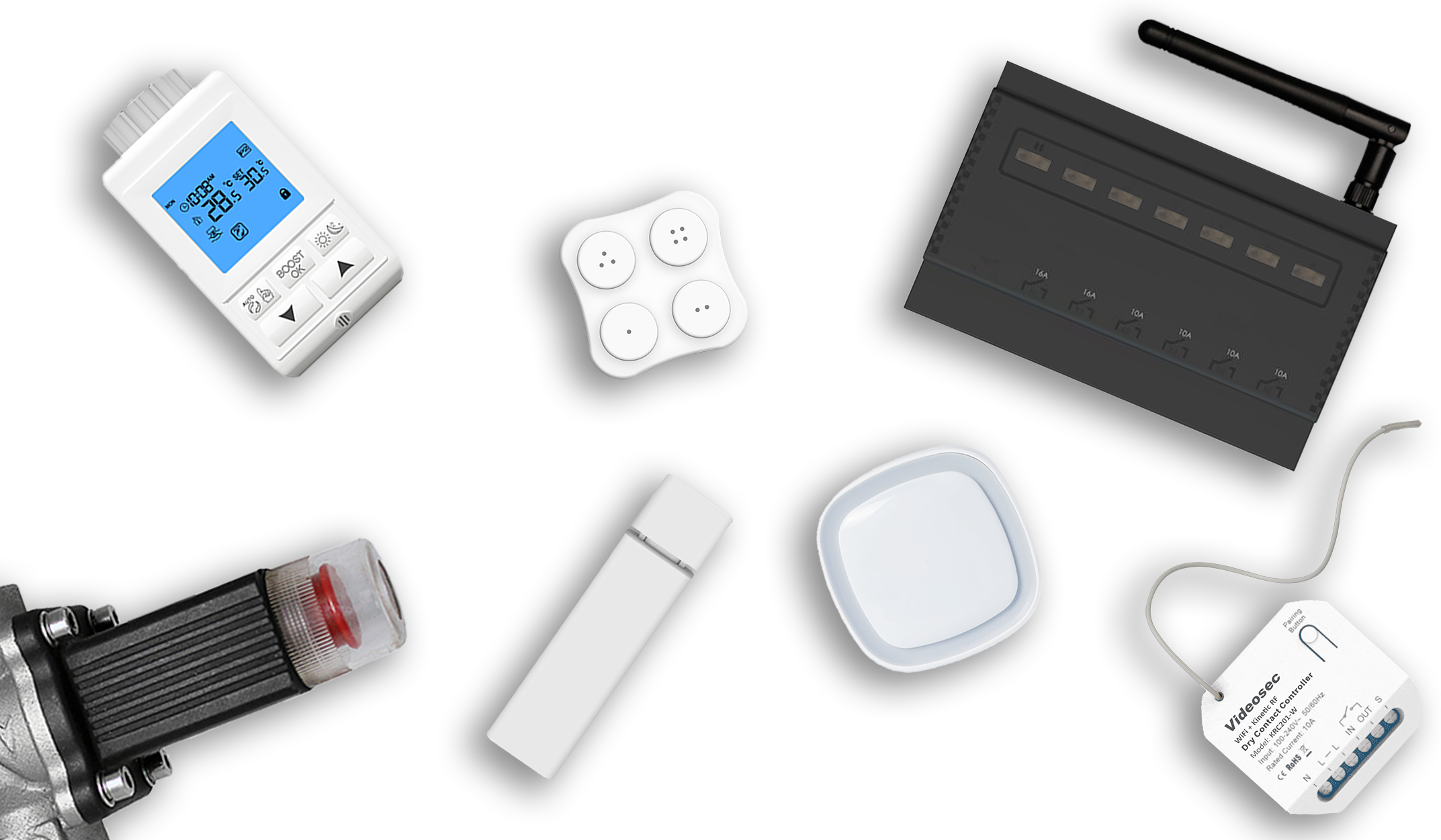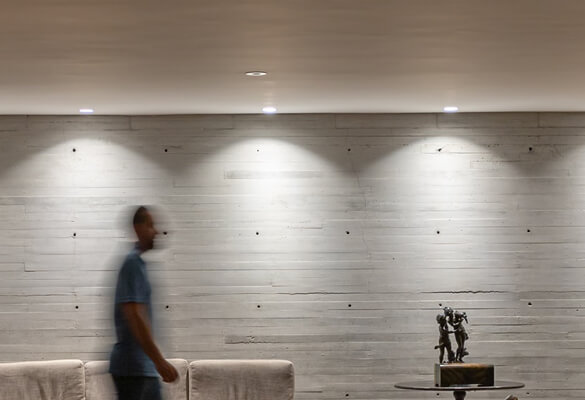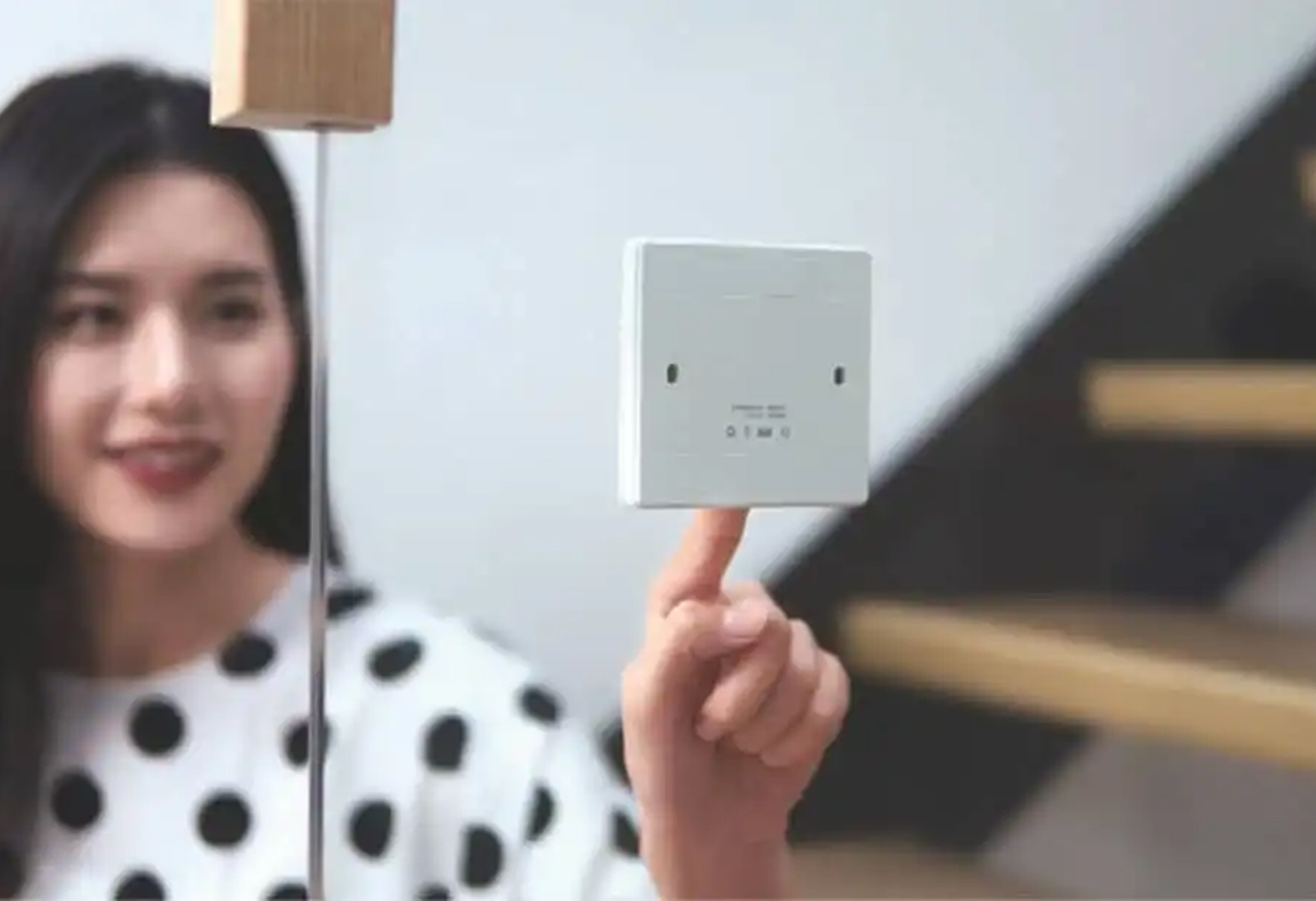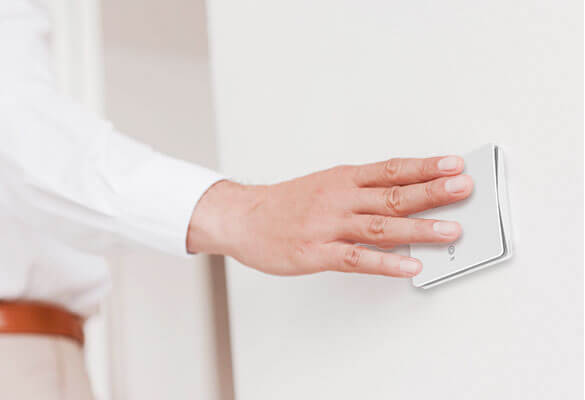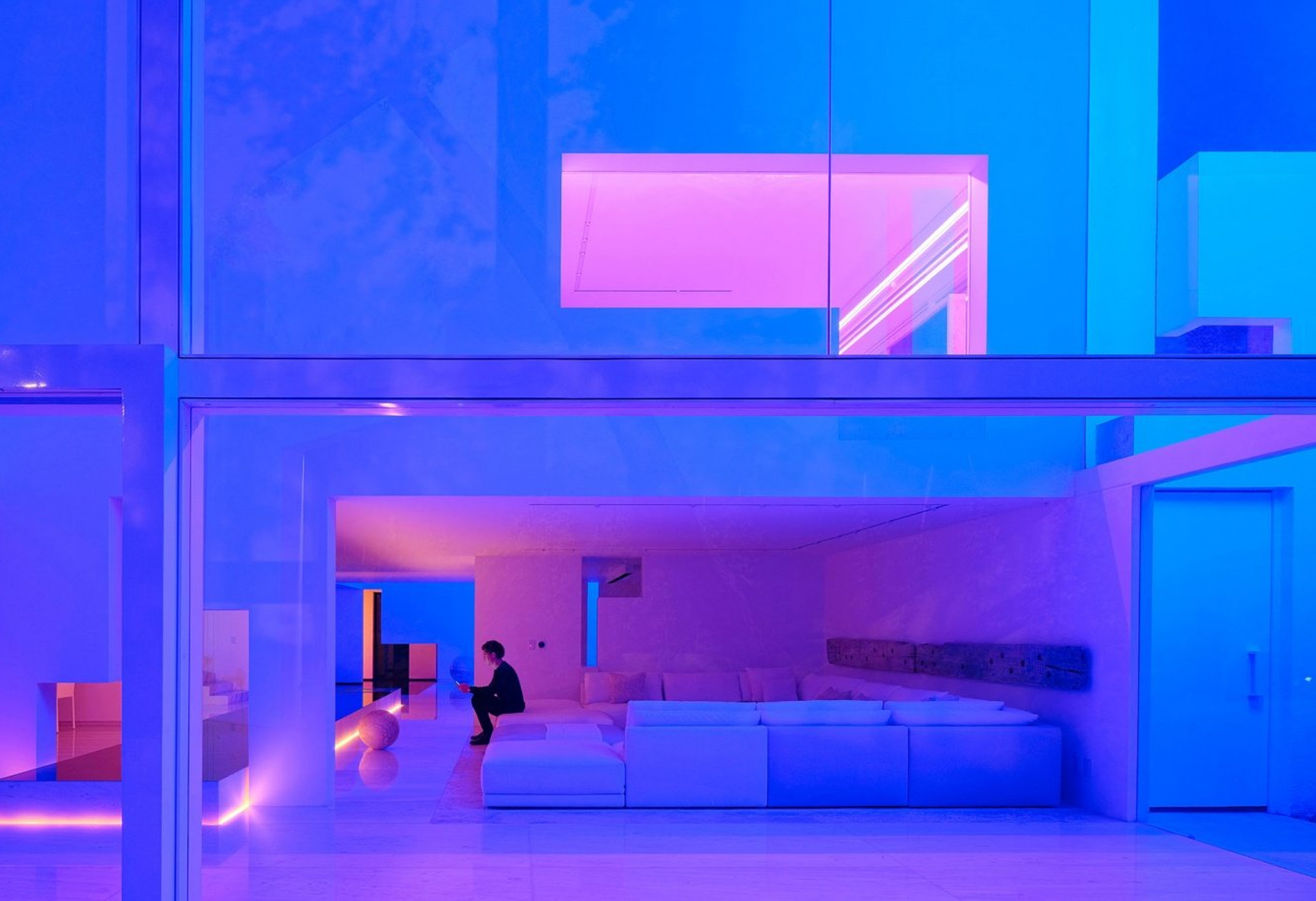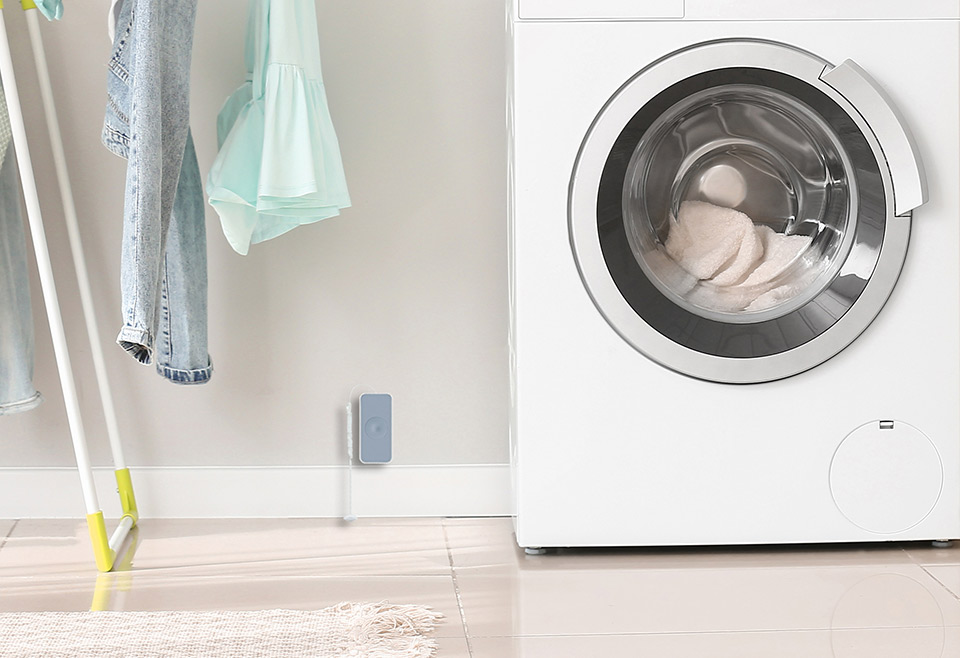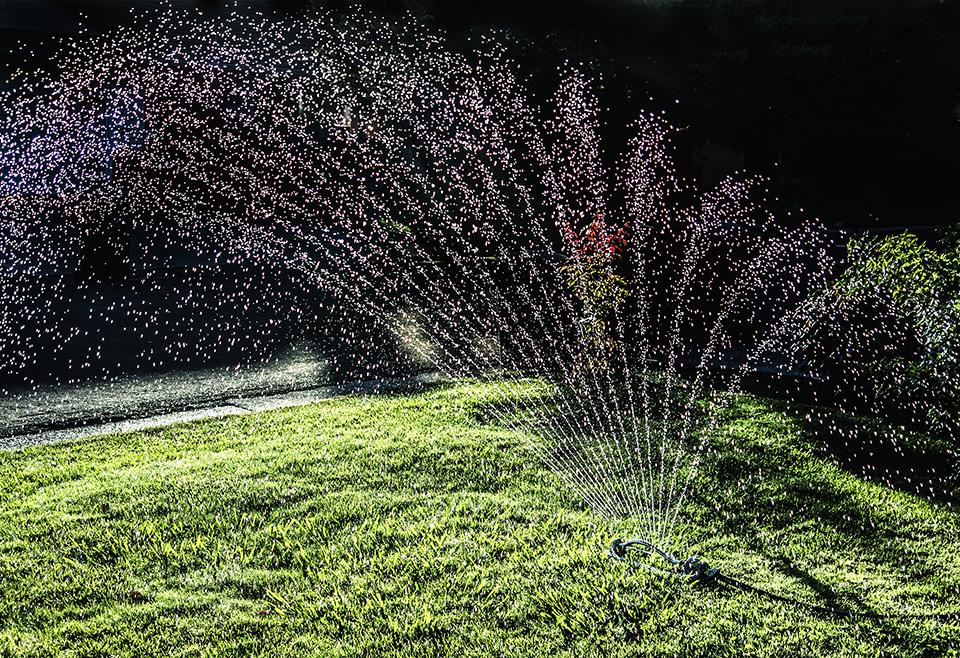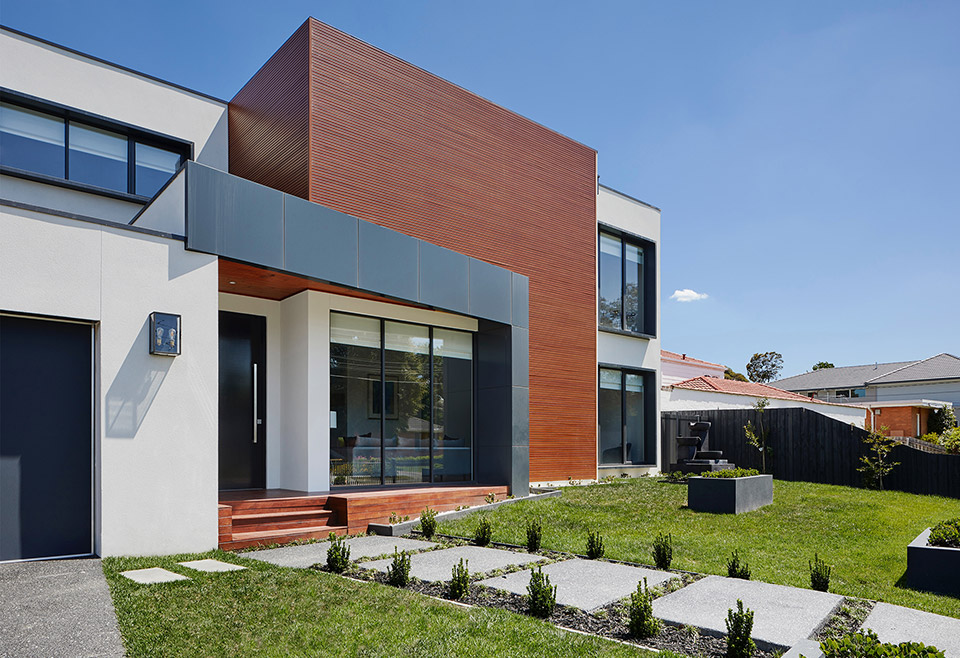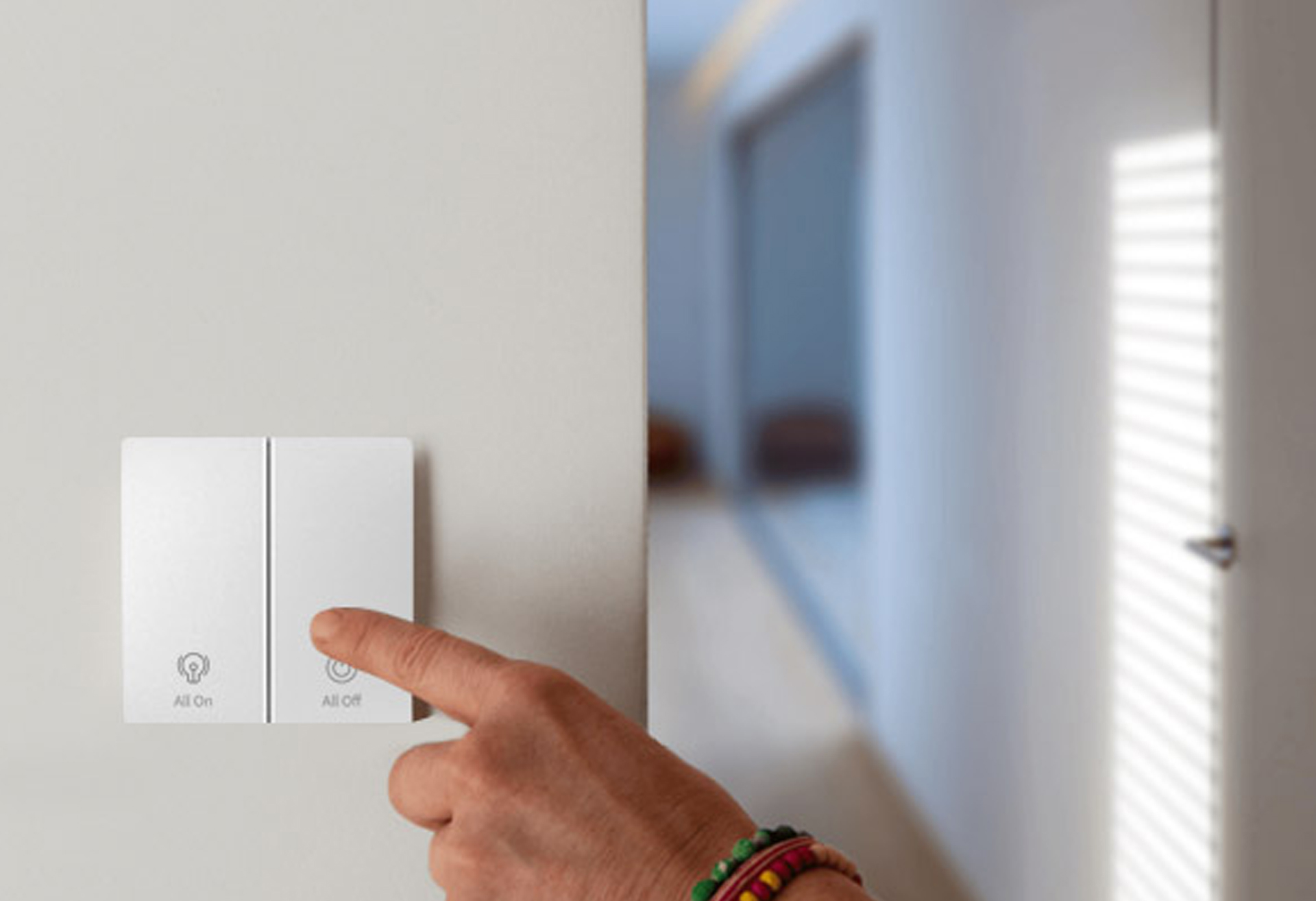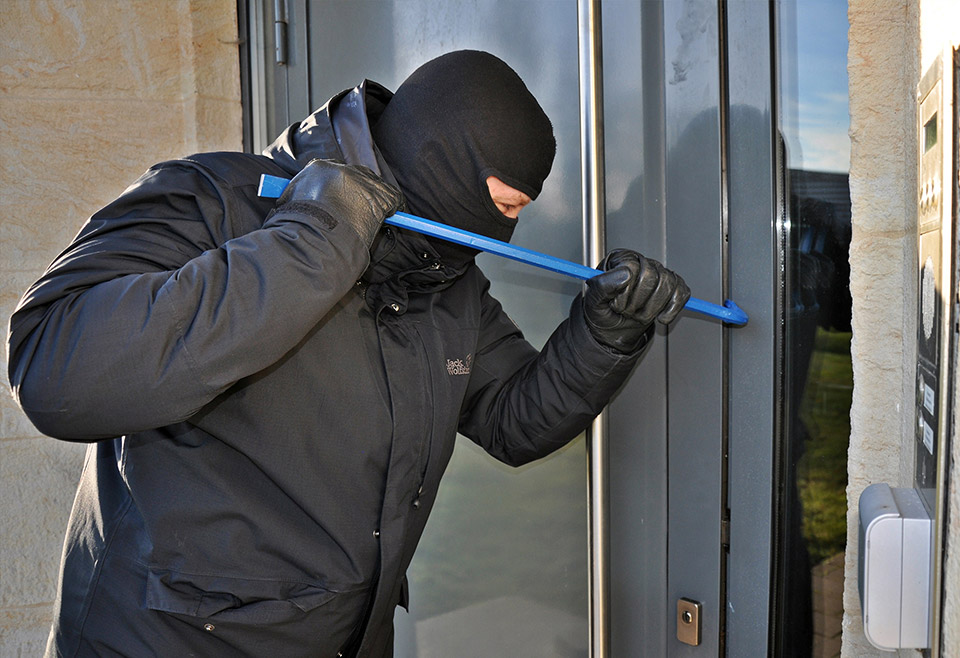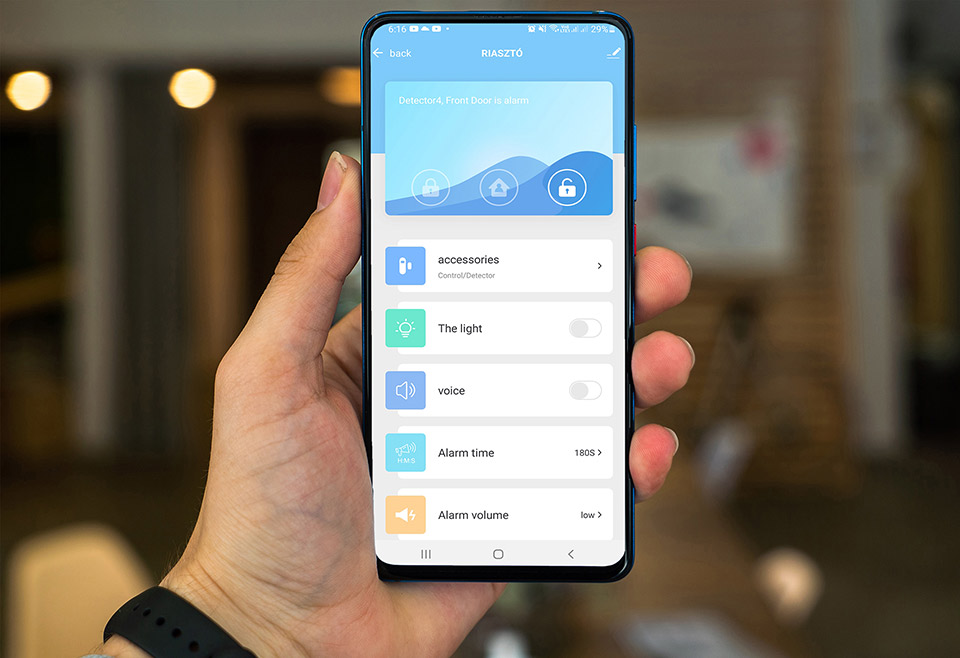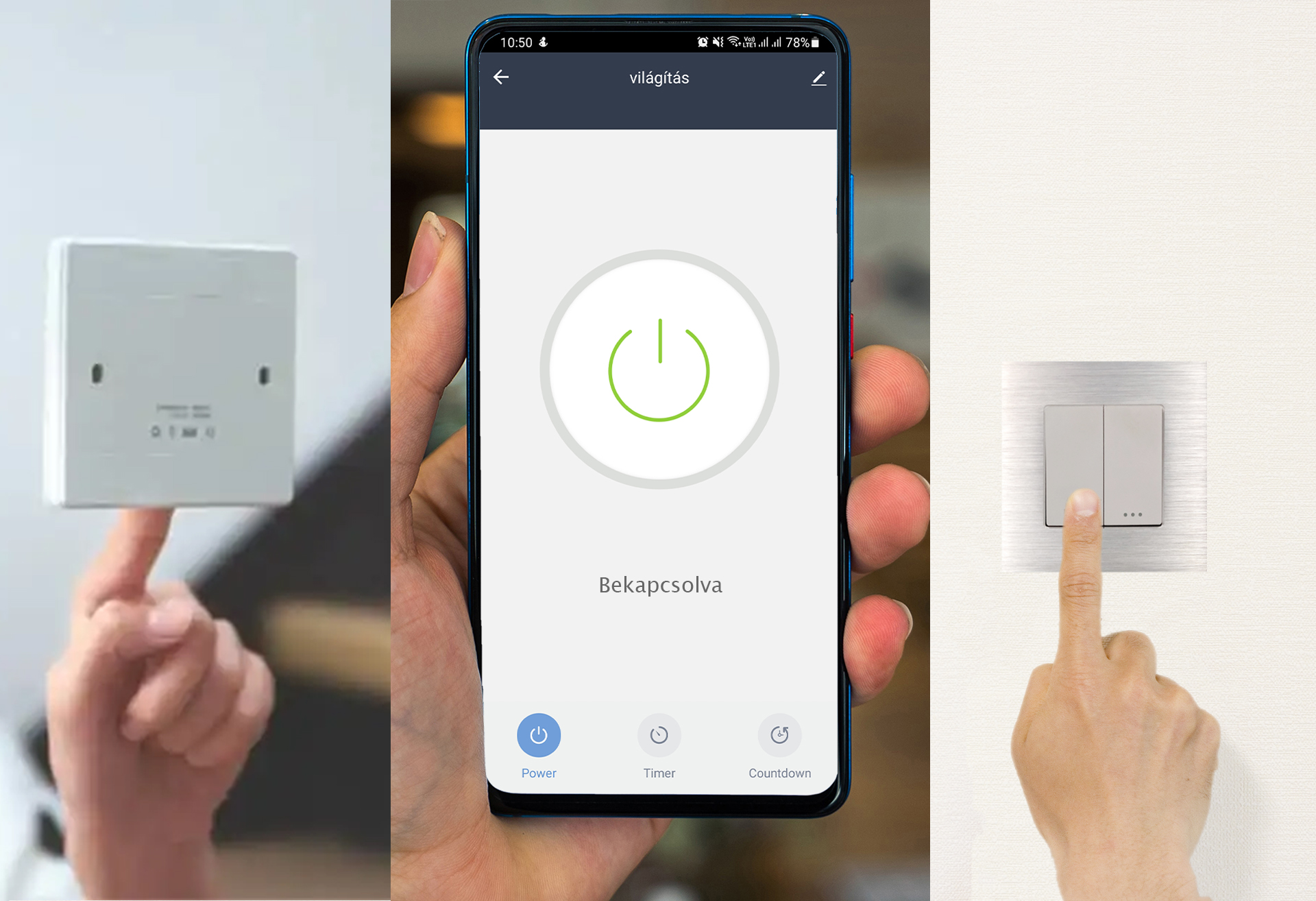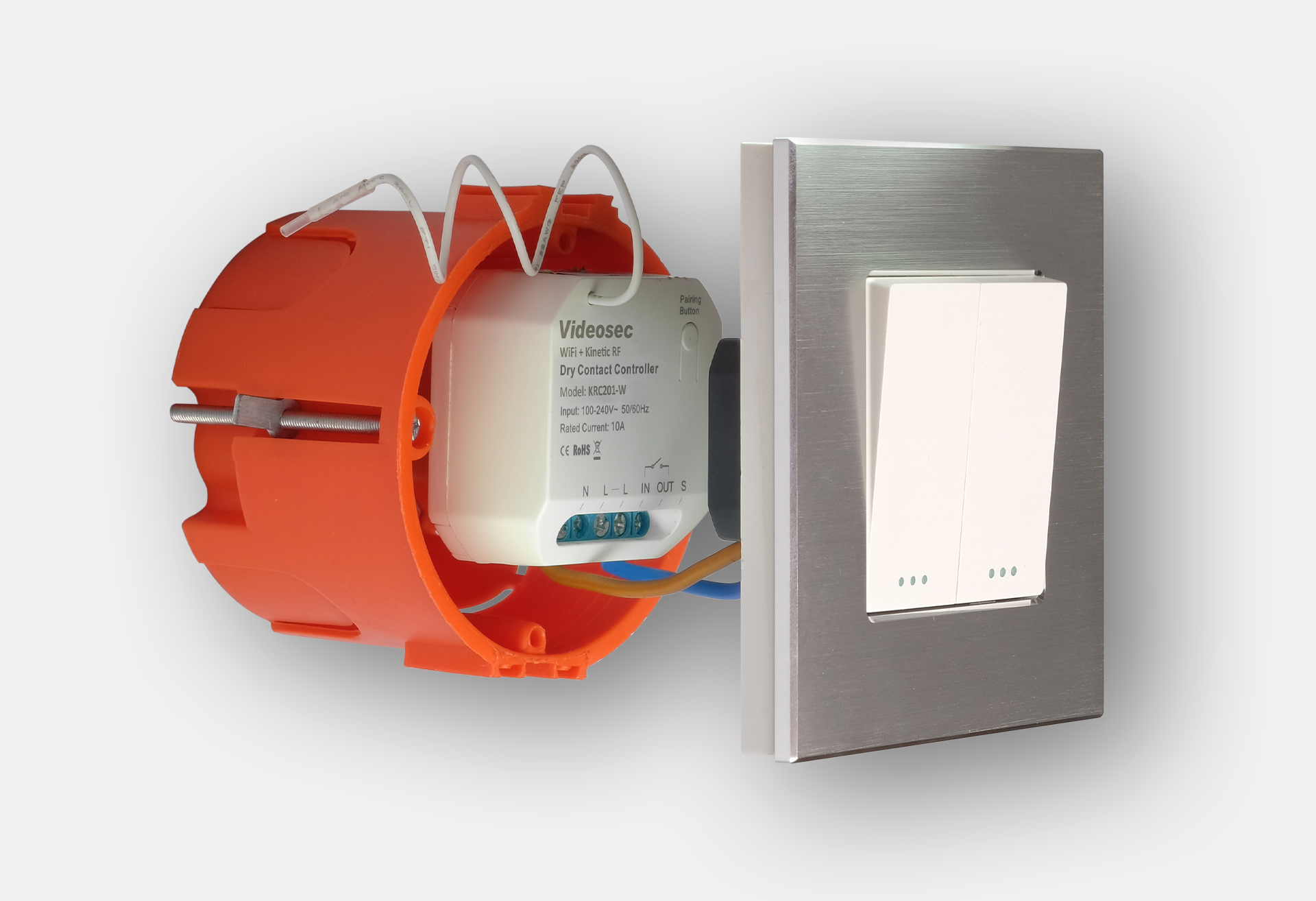
Intelligent building
An intelligent building is capable of more than just direct user control. The building instantly completes tasks by itself if the correct requirements are met.
This significantly improves response time and energy efficiency.
The main focus of the system is:



Energy efficiency
Improved safety
User comfort


Automation
The best feature of an intelligent building is that all smart components are in constant communication with each other. This allows them to detect many environmental
factors and
adapt to them instantly. This is called automation and is the virtual essence of an intelligent building.
An automation can by executed by a single or multiple devices
The main steps of an automation are:

Detection: An event is registered by a sensor (water/smoke/movement detected or a timer) Than the system triggers the related components of the smart house

Execution: The task connected to the detected trigger starts, and than One or more components components execute it.

Notification: The user is (optionally) notified that the task has been finished.


Independent and reliable
Using a self hosted Home Assitant server, allows the user to Controll smart systems without an internet connection. The system supports more than a thousand integrations (Tuya, eWelink, Philips, BMW ect.) and can execute graphicaly editable automations for them. After instalation in our home, the building becomes an independent smart system and can:
Work with all features enabled Without an internet connection.

Integrate with a wide range of systems. Allowing the user to controll them and make automations for them on one interface. ( more information)

Have high security thanks to its local instalation

Provide long term reliability as a result of it not being directly connected to a company or goverment
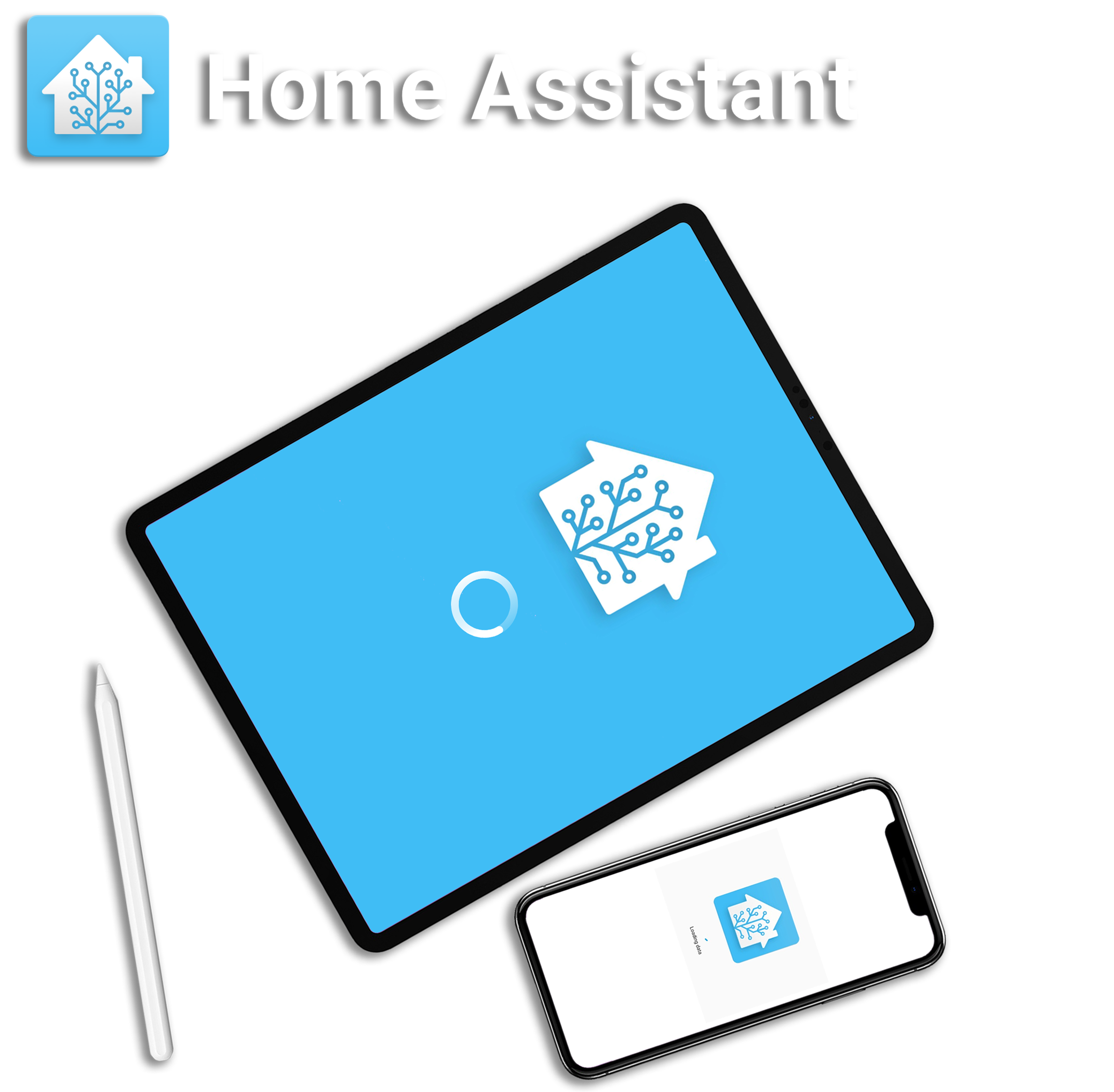

Camera integration
The alarm output of the Videosec IQ cameras can be connected to an inteligent building control system. This allows it to start automations based on camera detections. It gives an option to control lighting opening/closing and moving tasks based on:

A human or a car that has been detected.

Intrusion detection.

Time spent in a Predefined zone.

An outside signal from a button or switch that the camera received.
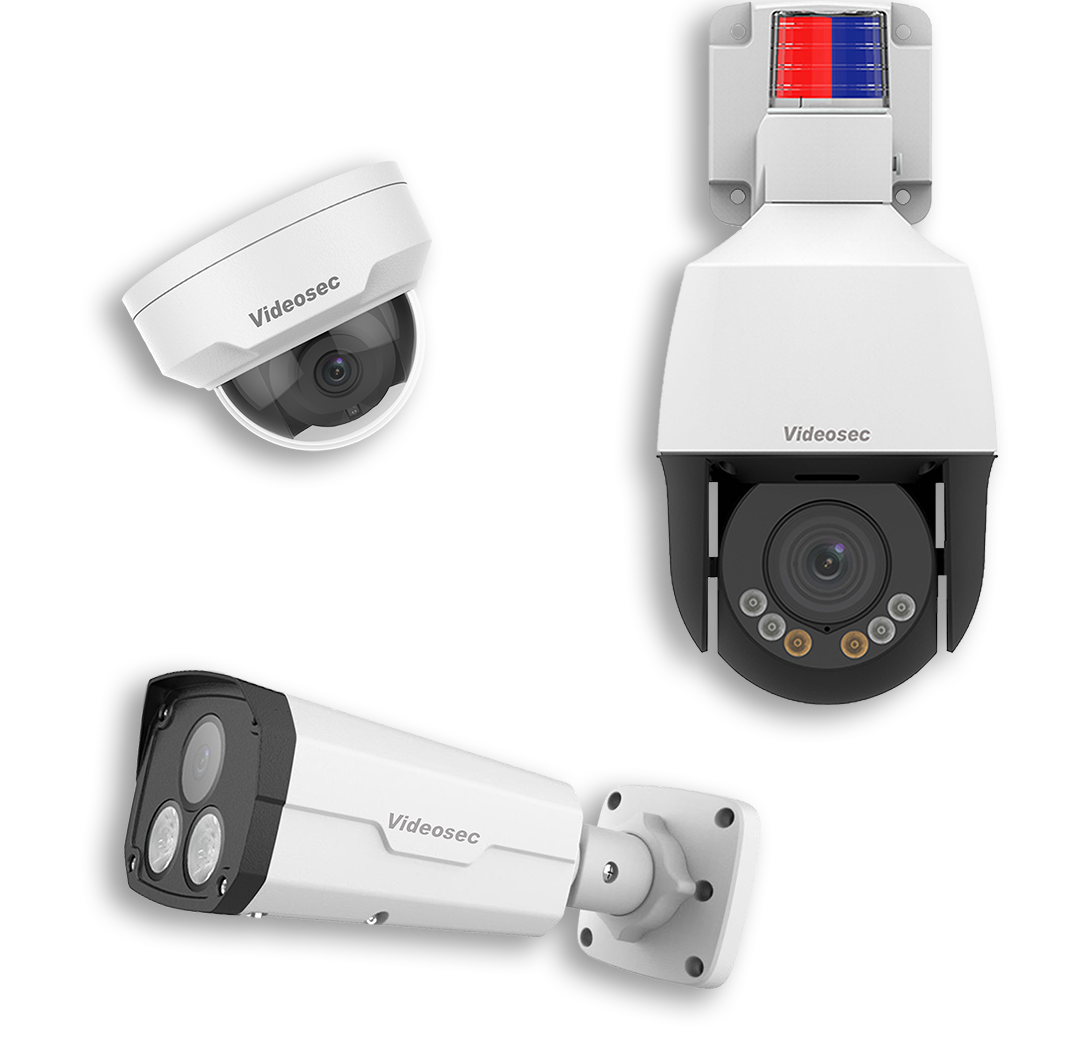

Energy efficiency
Intelligent home system greatly decrease a buildings energy use. This can be achieved by
setting up automations that:

Dim the lighting in rooms that are not in use.

Decreasing or turning off all lighting or climate control when the security system is armed.

Turning off climate control when an open door or window is detected.

Turning on/off the lights outside of the building based on sunrise.
The system does all these without any user input so there is a significantly lower chance for human error . It's also capable of full or partial integration with existing outside systems.
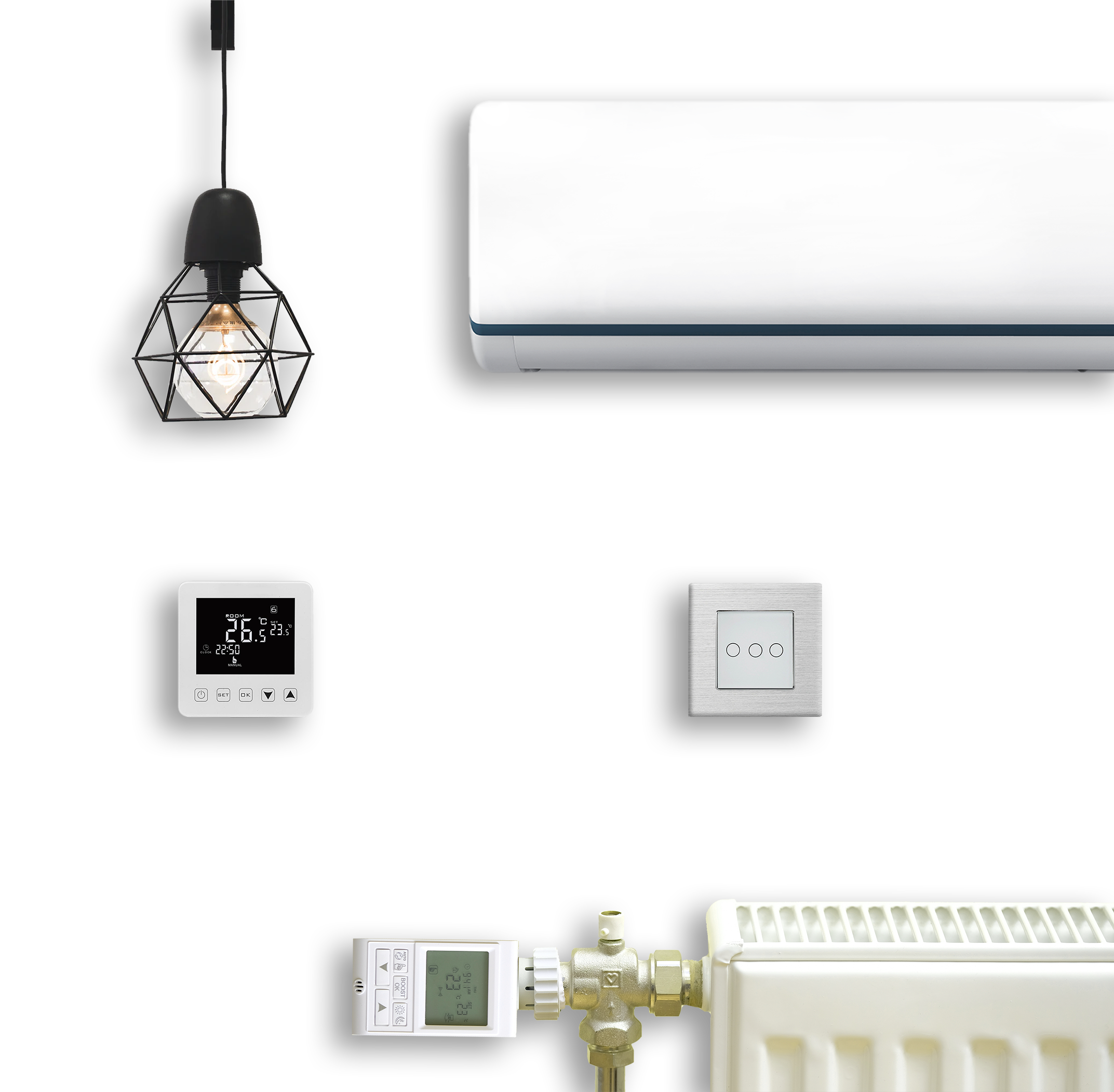

Safety
The integration of the system allows it to execute safety tasks extremely efficiently.
It has the capacity to:

Turn all the circuIt's off in the room if it detected a water leak.

Shut off the main water valve in the case of emergency.

Shut off the main gas pipe if it detects smoke or a gas leak.


Security

When the security system is connected to an intelligent building all smart components become a part of it (door/windows sensors, light switches, power usage meters, thermostats, water or gas sensors). This greatly detection accuracy

The user can be notified if they forgot to close a window or left an appliance on when they try to arm the system.

In the case of an alarm being triggered the system can send a custom notification to multiple users simultaneously. The system can notify local authorities in case of emergencies and optionally can be set to be a silent alarm.

Aside from traditional means the system can scare off intruders by switching lights on and off, moving blinds and using other smart appliances.


Groundbreaking
kinetic switches
Unlike traditional wired and battery powered switches. Kinetic switches can be placed on any surface and are self-powered, so they do not require additional power sources (wiring or
battery). When the user presses a kinetic switch the movement of the switch generates energy that powers the built-in radio relay. This sends out a signal to the receiver and the task associated whit the switch is started.
Kinetic door sensors work on the same principle .
The speed or time of the button press doesn't affect the system.
Their main advantages are:

they can be mounted to any surface and easily moved if needed.

Lifetime of more than a hundred thousand switchings

No extra wiring expenses

Extreme energy efficiency without wasteful battery use.

Can be used under wet conditions or outside thanks to It's water resistance (IP67 rating).
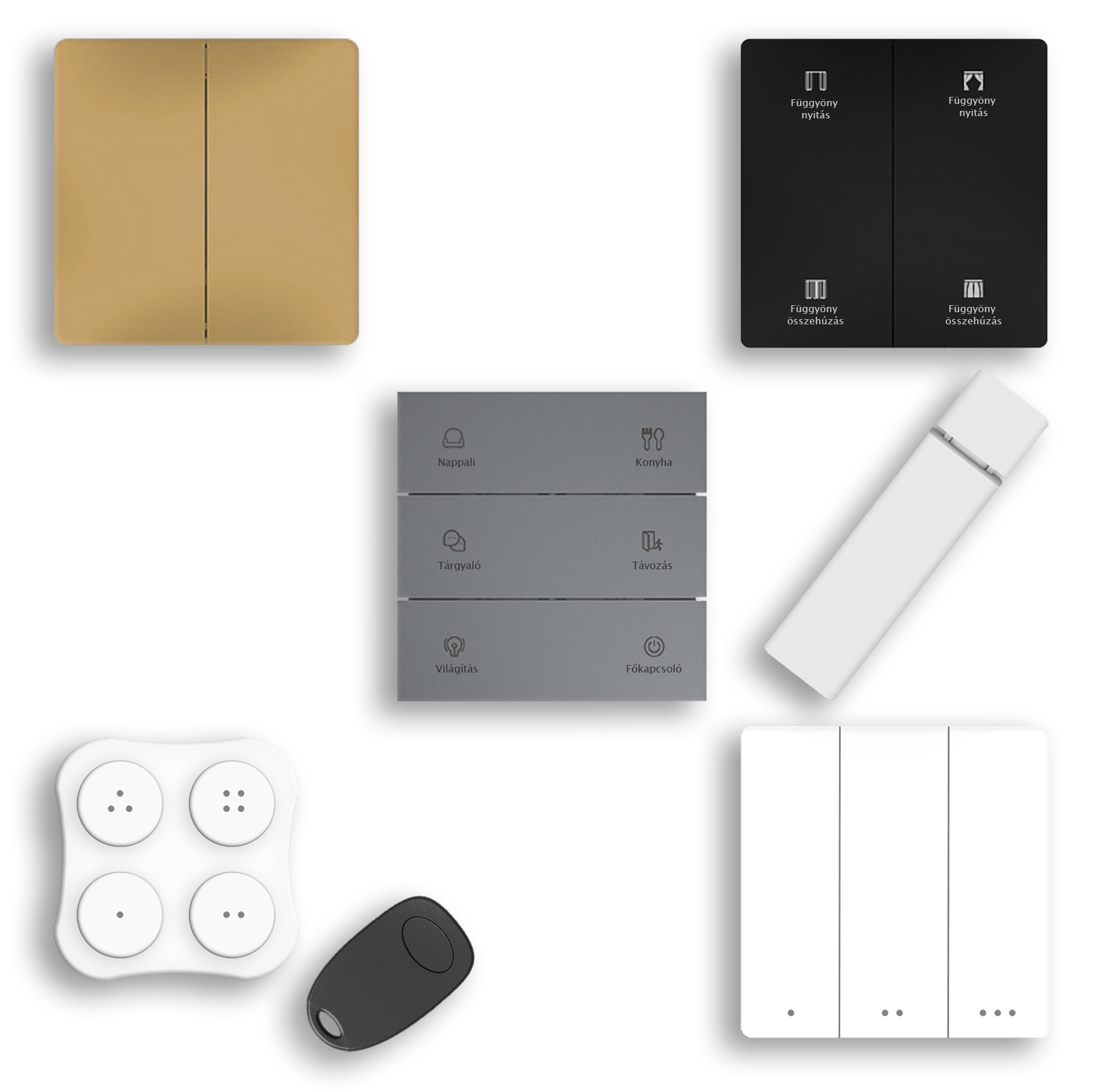

Kinetic switch controllers
Controllers (or actuators) that receive signals from the switches, and are available in a variety of sizes. we offer dry contact, switch if phase output switches or roller shutters.

KRC Controllers are available from 1 to 6 manageable channels and can be mounted to DIN-rails, size 86 wiring boxes or even behind wall mounted switches.

The KRC-200 series has more control options with wired and kinetic switching and the Tuya app

All Controllers are manageable through the Tuya app using Wi-Fi or Zigbee technology.
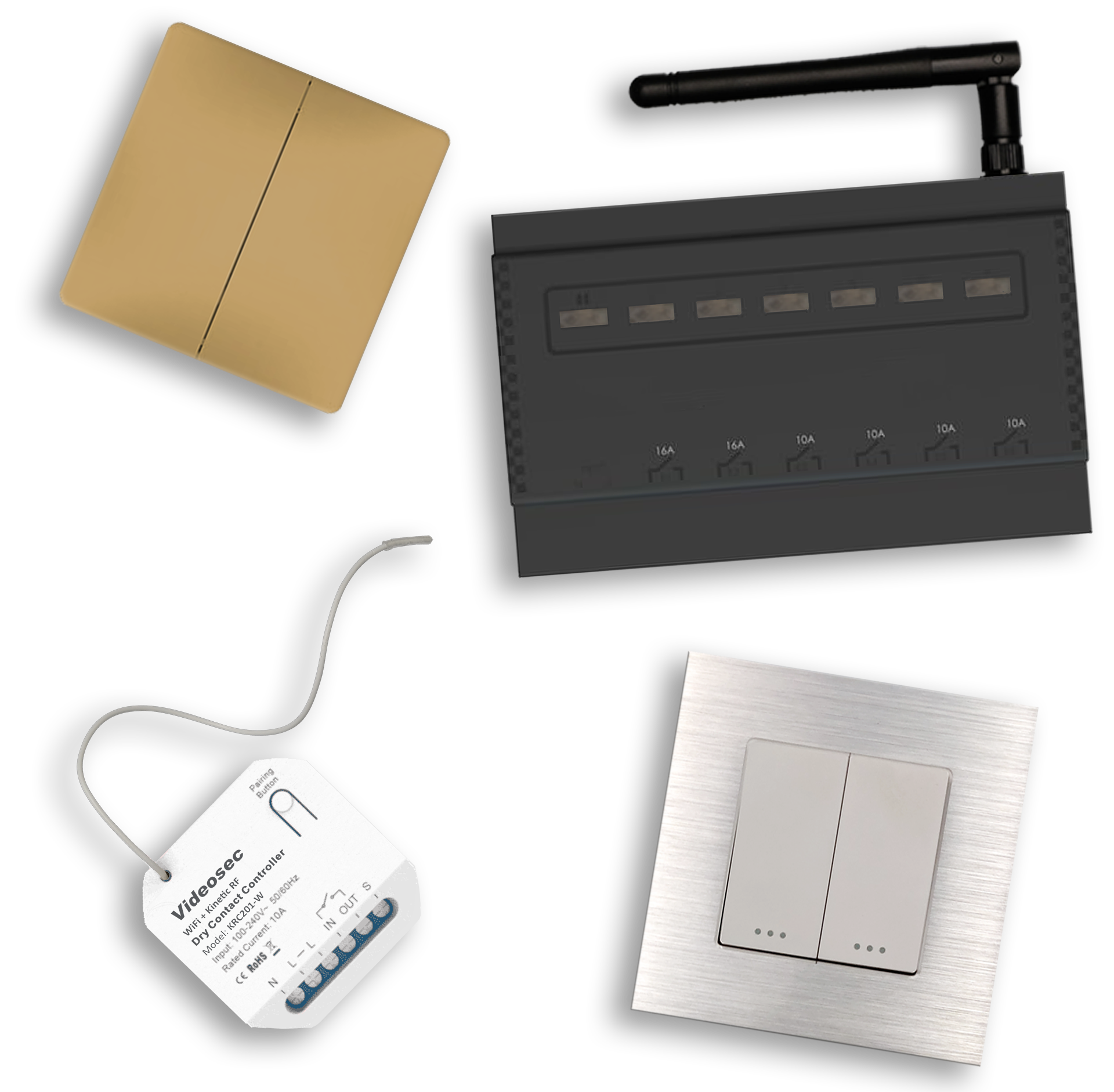

Management
All Videosec smart components can be controlled through the Tuya ecosystem. The application lets It's users arrange all smart components into rooms and homes. The status of all components can be monitored and controlled on the go. Tuya is also used to ate automations and scene routines.
They can work:

Based on parts of the day or a specific time.

Based on the status of other components or automations

With GPS data from the user’s smartphone

Together-with or under existing smart home management platforms (Google, Amazon, Samsung, Smartlife)

On Wi-Fi or on Zigbee networks
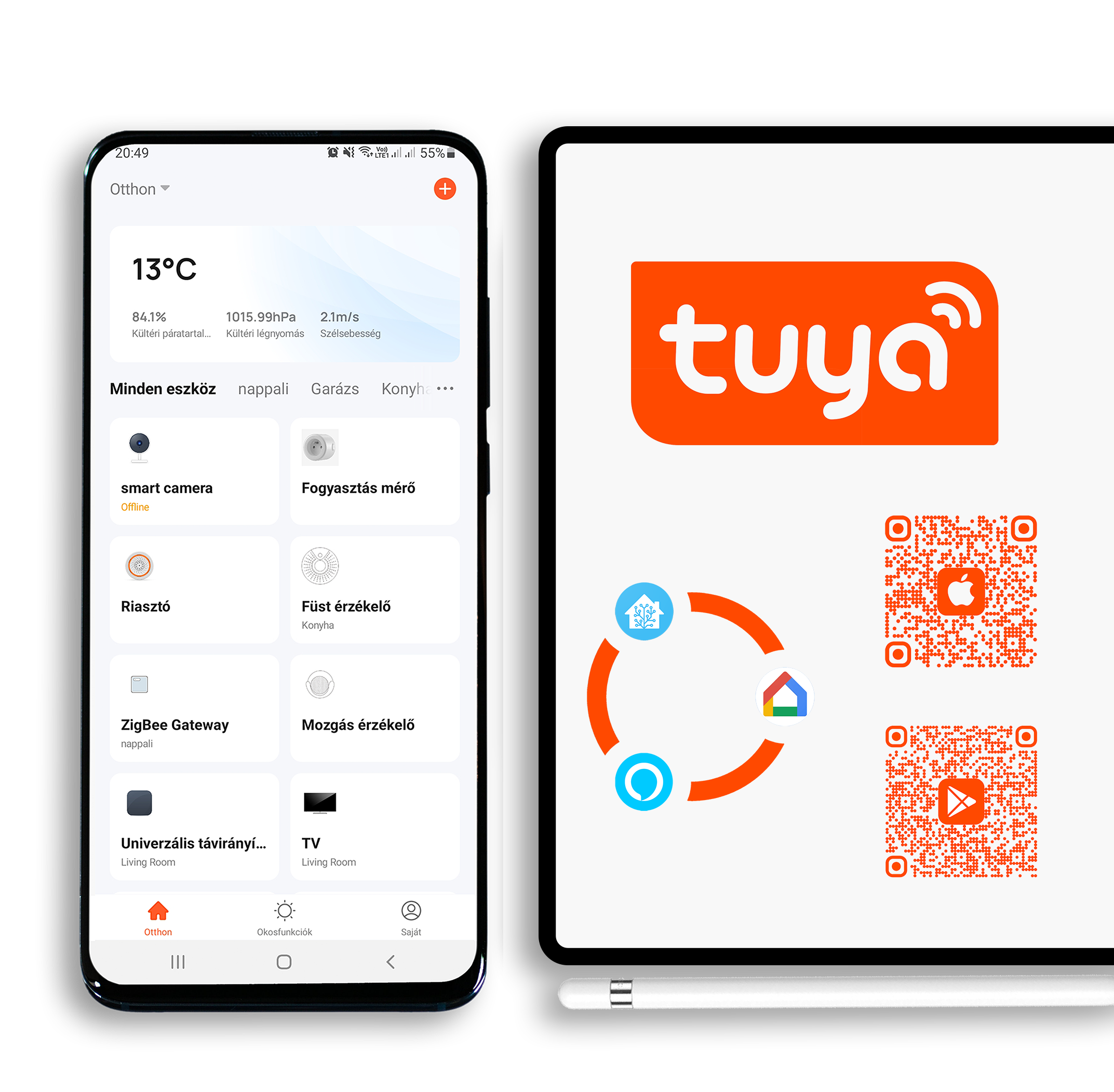

Advanced managemant
In the case of localised system instalations. Our Home Assitant server gives acces to visualised automation managment through Node-RED. Because it is located in the building, outside internet acces isn't required for its operation. It also lets the user can:

Create advanced automations(counting, people counting,) can be vreated using a NODE based system and automation progress can be monitored on the same interface.

Create automations can be started and recived by all supported devices and services, not just those in the Tuya ecosystem (cars, refridgerators, NFC tags, stock data, ect.)

The server is completely open source so it can be completely customized to the users needs and provides much better security and reliability.

The server can work on Wifi and ZigBee without the need for Tuya ZigBee hubs.
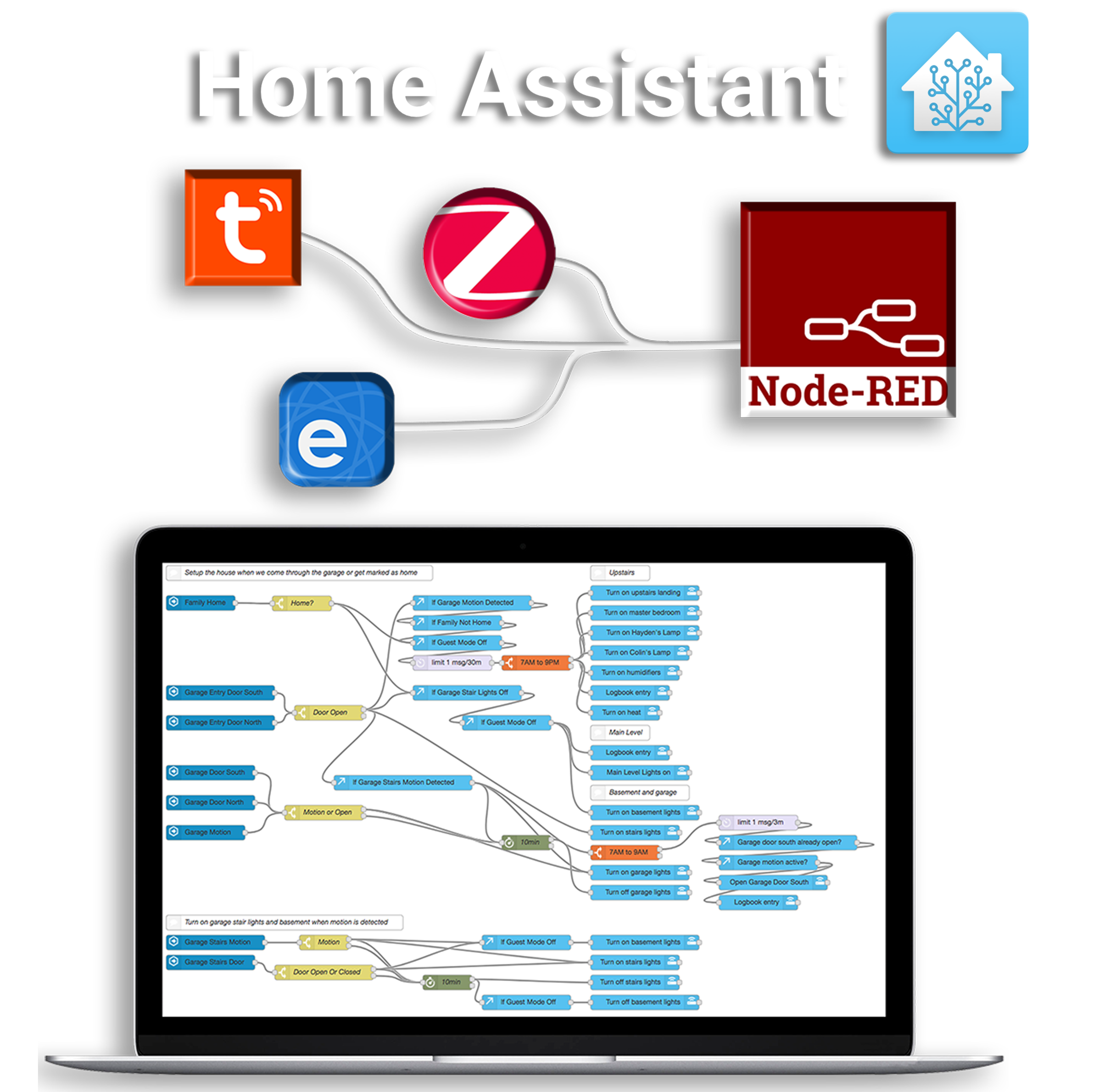
Automation solutions for a comfortable morning

The system slightly raises the blinds so that sunlight can get into the room. It keeps raising them slowly so the user can be woken up by mild sunlight. During winter the same can also be achieved with the lights in the room.
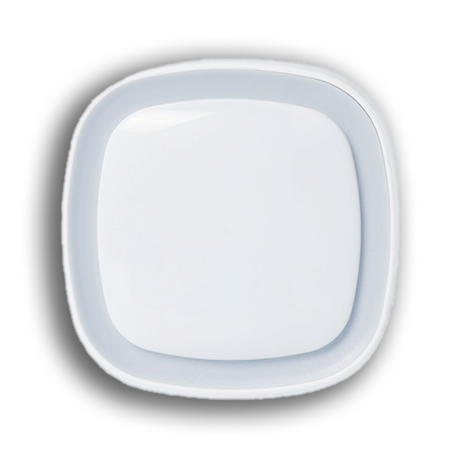
Sensorsin the house can control lighting based on movement, and user demand.
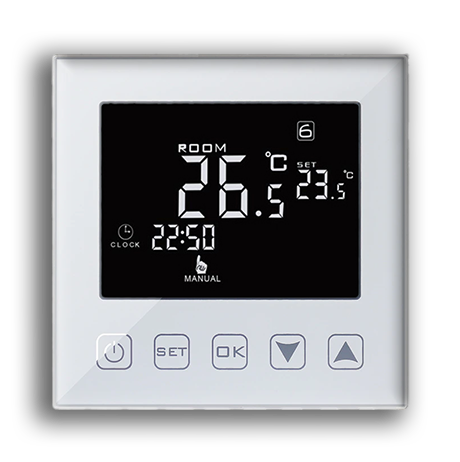
Climate control would adjust the air conditioning or heating before the user woke up.

When leaving the house, the users phone gets areminder if they forgot to turn on the security system. They can arm it from their phone afterwards.
Controlling lighting with automation

Corridors and bathrooms rooms are only dimly lit unless sensors detect movement. During the day they set themselves to a default mode. In unused rooms they go back to power saving, decoration or off mode.

Kinetic switches can be moved dynamically and there is no need for rewiring new batteries painting or any other work to achieve this.

If a switch is too high, it can always be moved down. They can also be mounted on glass surfaces.
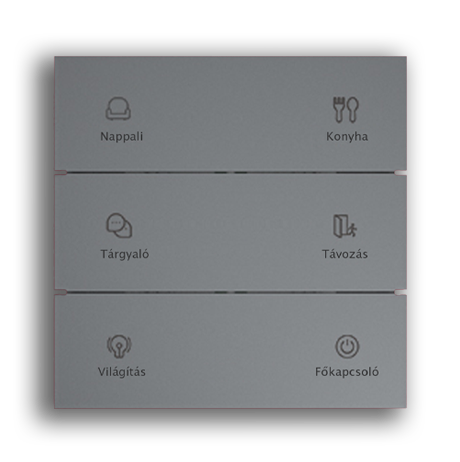
A single press of a kinetic button changes lighting scenes or starts automations. For instance, it can let the blinds down, make lighting go to dim modeetc.
Climate control with automation

By placing thermostats in multiple rooms, the user can improve energy efficiency up to 30-45% with automations. The system can also integrate air conditioning as well.

When the user leaves the building and arms the security system, all the thermostats switch into low power mode . And if needed it can be turned back on through the Tuya app .
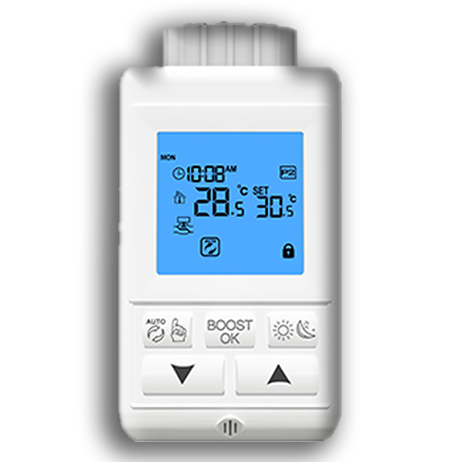
Existing radiator systems can also be upgraded using radiator mounted ZigBee thermostats. They don’t require any wiring and can be shut off when an open window is detected.
Water detection and leak prevention
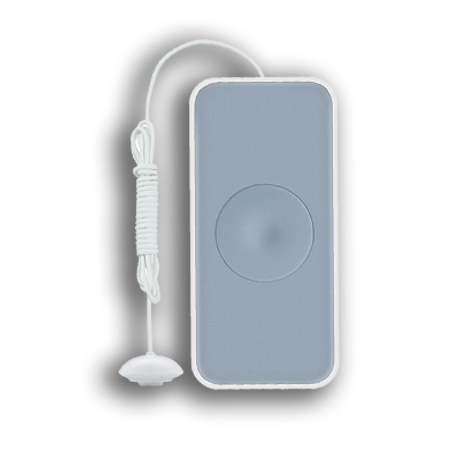
If a water leak sensor detects an emergency, the system can close the main water valve and notify the user.
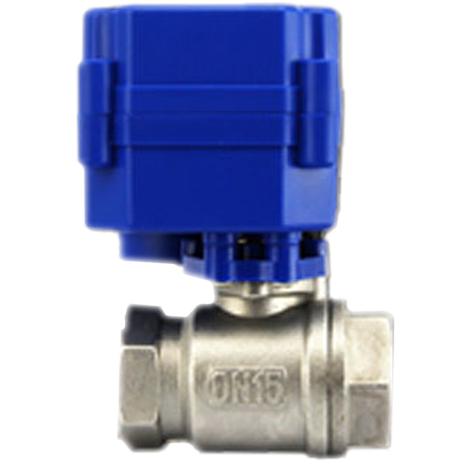
The automated sprinkler system can be set to start working in the morning but do nothing if there was rainfall the last day. It can also be controlled by the user on their phone.
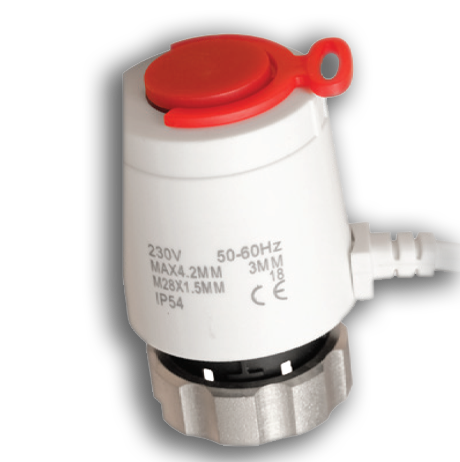
They can be managed using a motorized ball valve or a vax water valve controller.
Gas and smoke detection
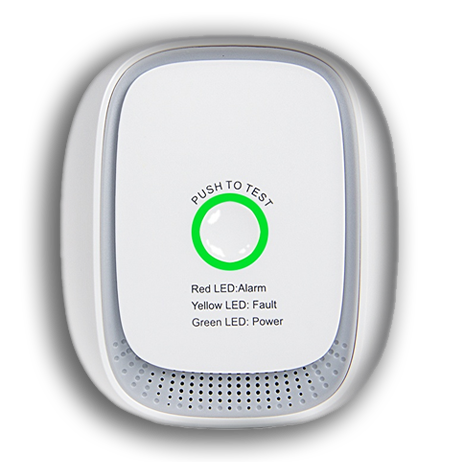
Multifunctional gas sensors can be used to detect various kinds of gas leaks dependent on It's positioning (close to the floor or the celling). The device can detect 6-8% combustible gas concentration with It's catalytic sensor and inform the user.
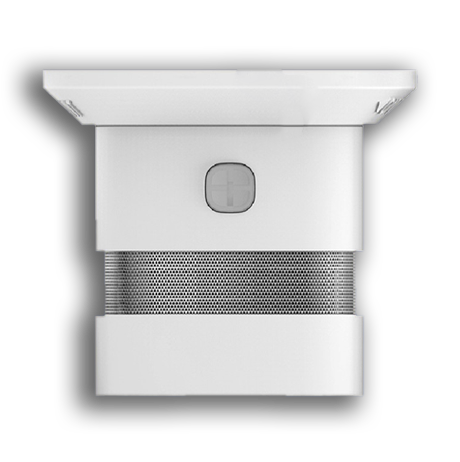
Videosec smoke detectors can notify the user in the same way as well, if they detect smoke or fire.

To prevent serious tragedy, use of smoke and gas sensors are crucial in any modern home. Based on their signals a venting system can be activated and an impulse controlled gas valve can block the main gas pipe. While informing the user.
The whole building is one security system
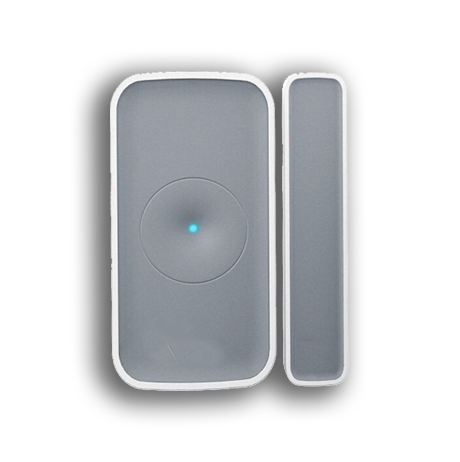
While arming a smart alarm system, it will notify you if there is a window or door that was left open by the someone.

If an intruder is detected the Tuya connected light switches can be restricted or their functionality can even be changed

The sensors in the house can be used to track intruders, so the user can exit the building if needed.

The alarm hub can be programed with the users phone to get armed and disarmed automatically based on time (working hours of a business for instance) or the users phone location so that it can arm the building if we leave the area
Management with cameras

A camera with an alarm output can be set up to detect (selectively) people or vehicles, and send trigger signals to various automations. (for instance people walking nearby)
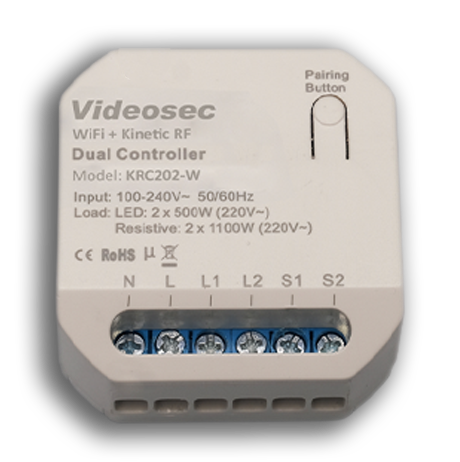
The signal can be received by a Tuya controller (actuator) that can execute multiple automations (for example open gates and turn of sprinklers etc.)
Built-in Controlers
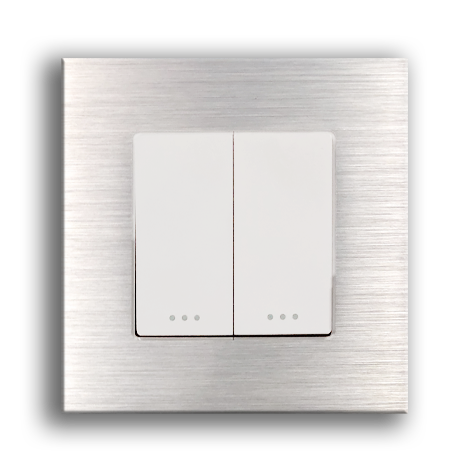
Smart home systems can even be used in traditional installations by using built in controllers, to enable complete automations

KRC-200 series controllers (actuators) can be built into the wall socket behind the light switches. Connecting their inputs to the switch allows the user to control them with the mechanical switch while still working through the Tuya app and the kinetic switches

The system can be expanded with kinetic switches if needed. They can be easily moved and even mounted on glass if need

KRC-200 Controllers (actuators) can be connected to any system (Cameras,alarms etc.) with a control signal, integrating them into Tuya
Winter proofing of vacation homes
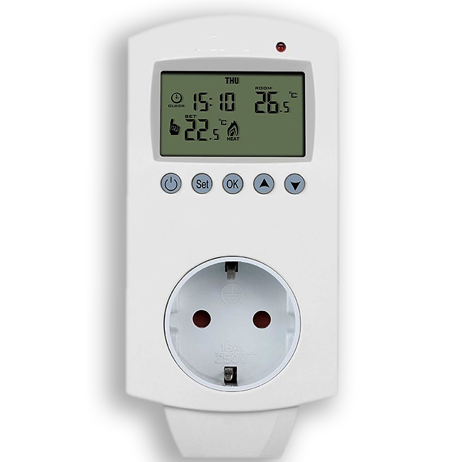
To prevent freezing in vacation houses during the winter connecting an electric heater to a Videosec wall plug with a built in thermostat is recommended.

If a door or window was left open the system turns the heating off and notifies the user. Preventing energy waste.



